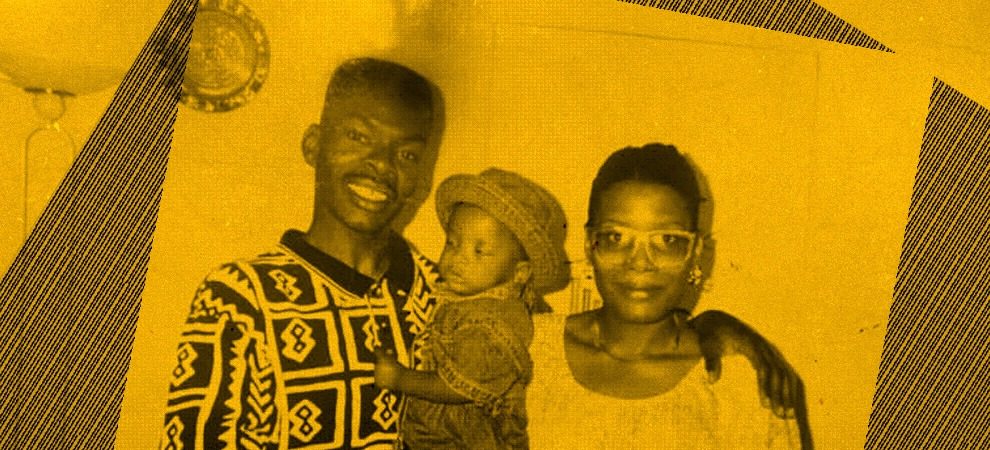
State Senators Ask Gov. Hochul to Commute Sentence of Man Who Spent Over 800 Days in Rikers
Reginald Randolph is currently serving a two to four year sentence in state prison for stealing cold medicine

Reginald Randolph is currently serving a two to four year sentence in state prison for stealing cold medicine
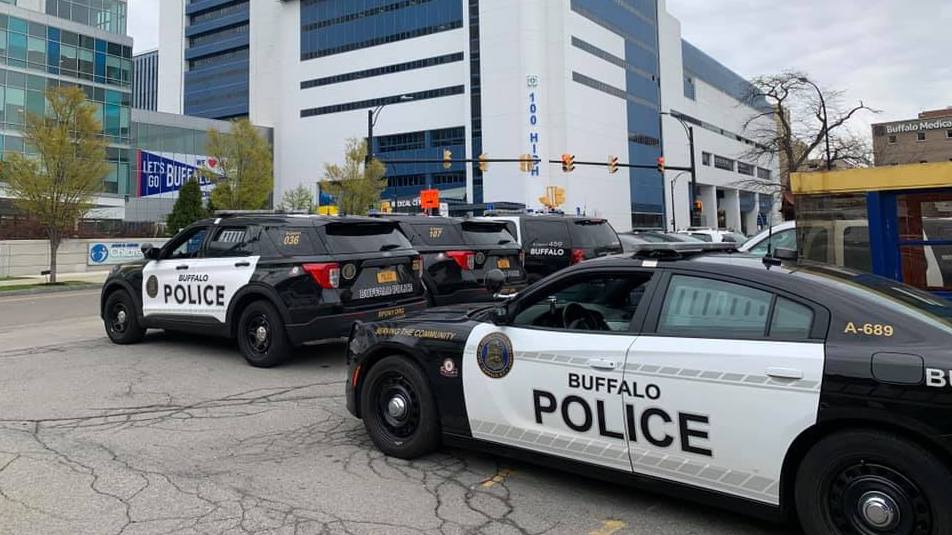
Citing years of police brutality and racial disparities in arrests, activists are pushing candidates to embrace reforms ahead of next week’s Democratic primaries.
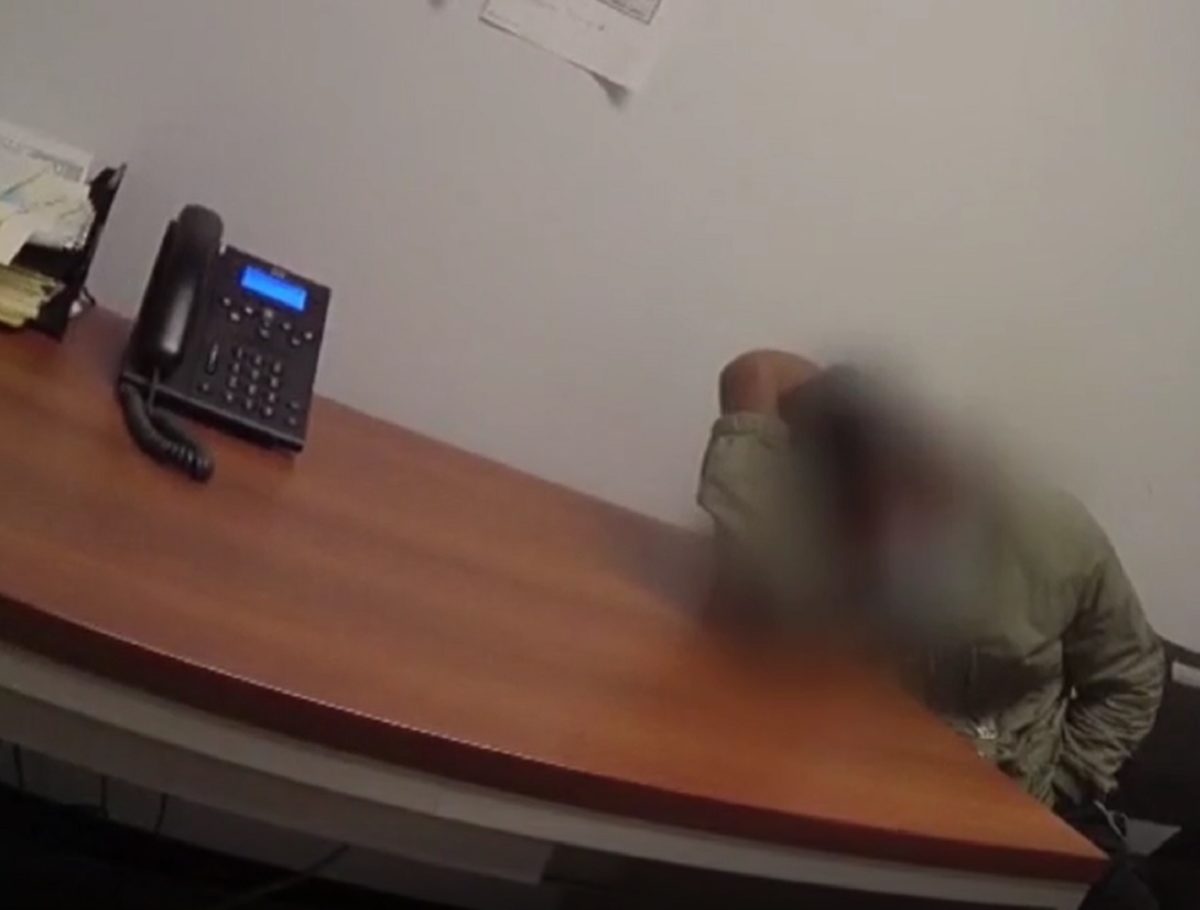
Several states, including Maryland, are considering bills to protect minors from abusive police interrogations.
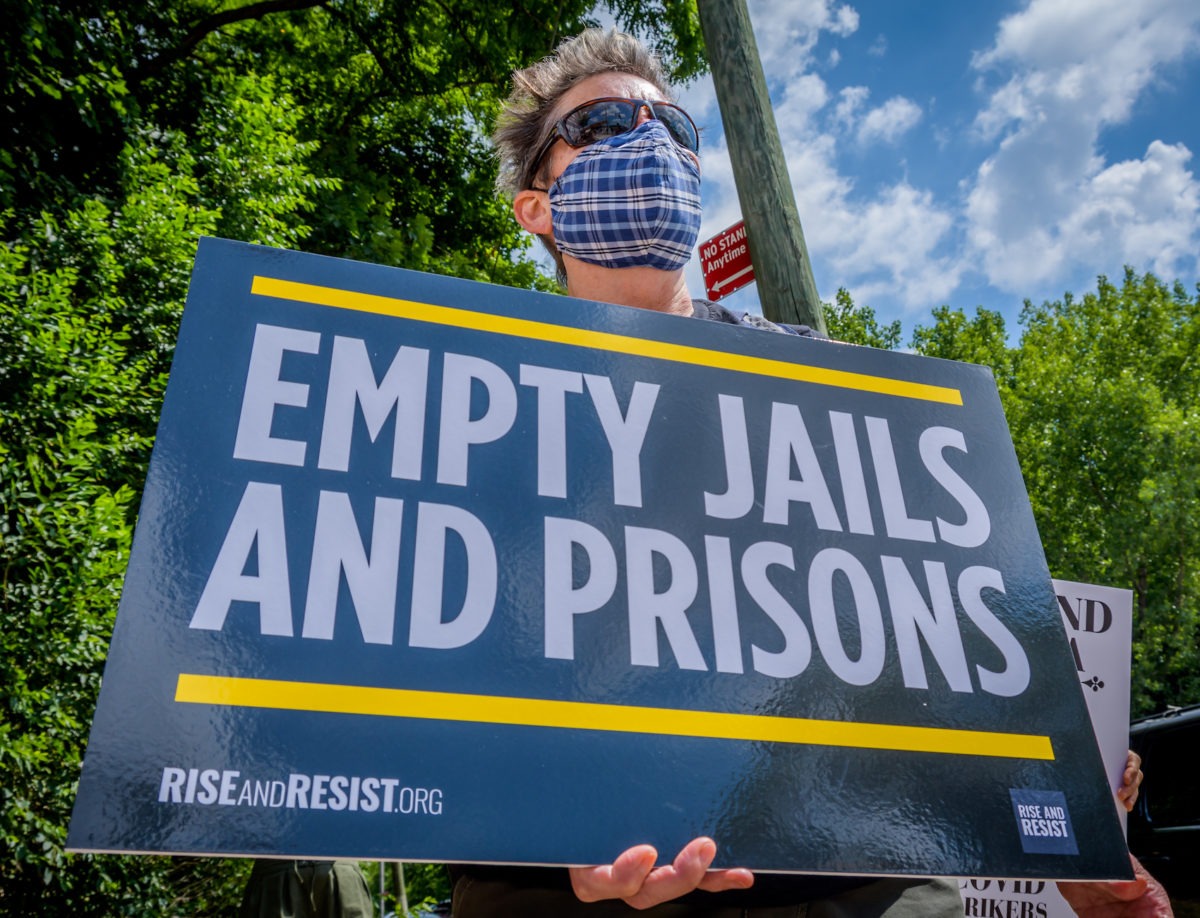
Survivors’ needs and opinions vary—and many have not found justice when they turn to the criminal legal system.
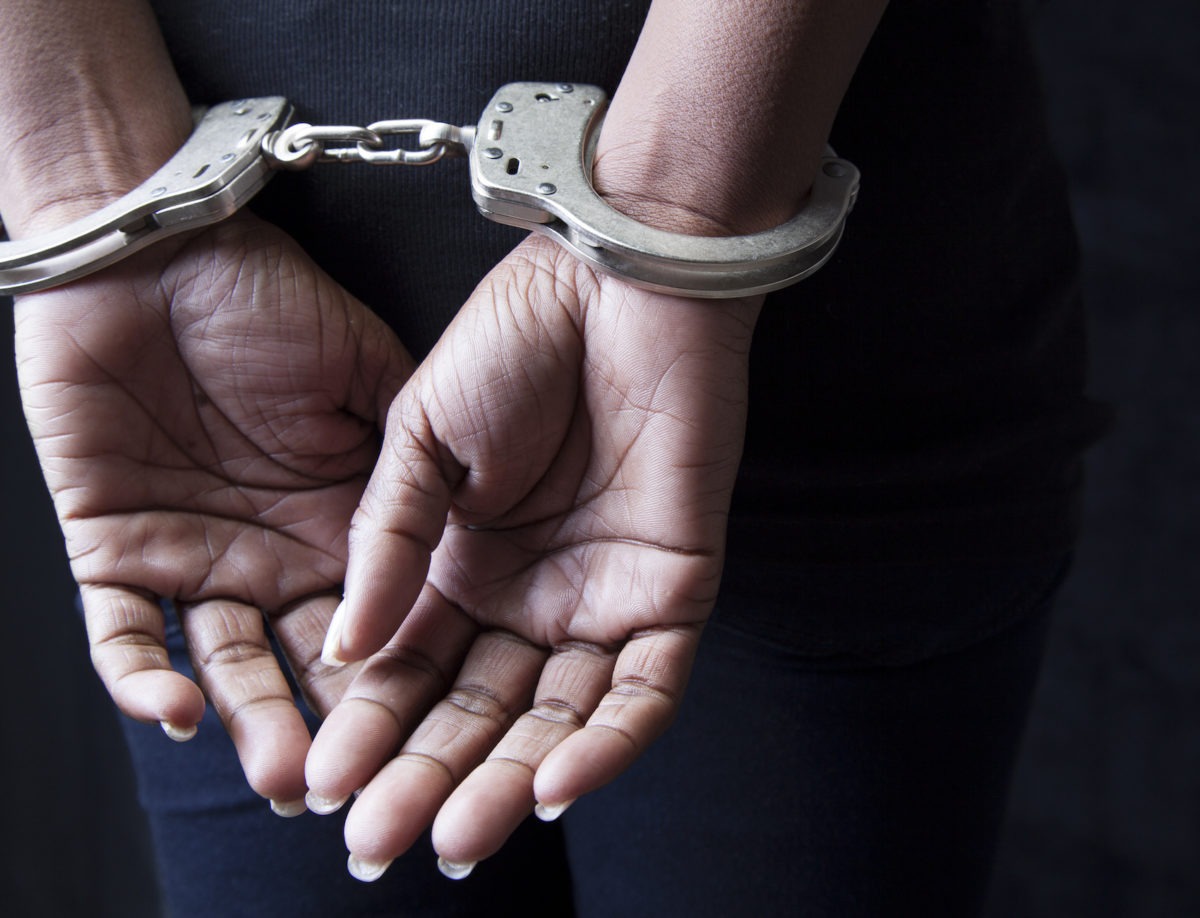
Getting convicted of a “minor offense” inflicts serious, long-term harm. The state can and must divert more people to counseling, group meetings, or other interventions.
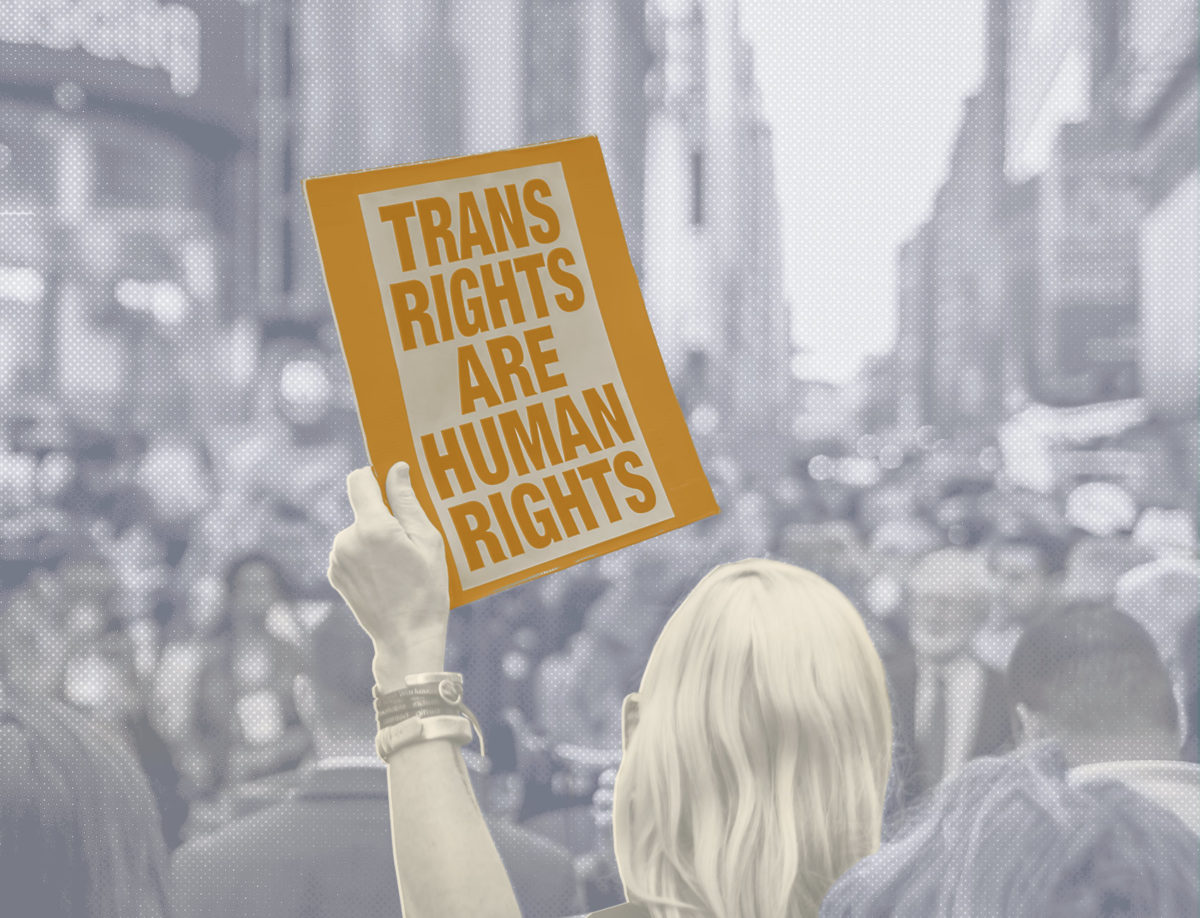
After organizing to repeal the “walking while trans” ban, advocates in the state—and around the country—are looking ahead to the next fight.
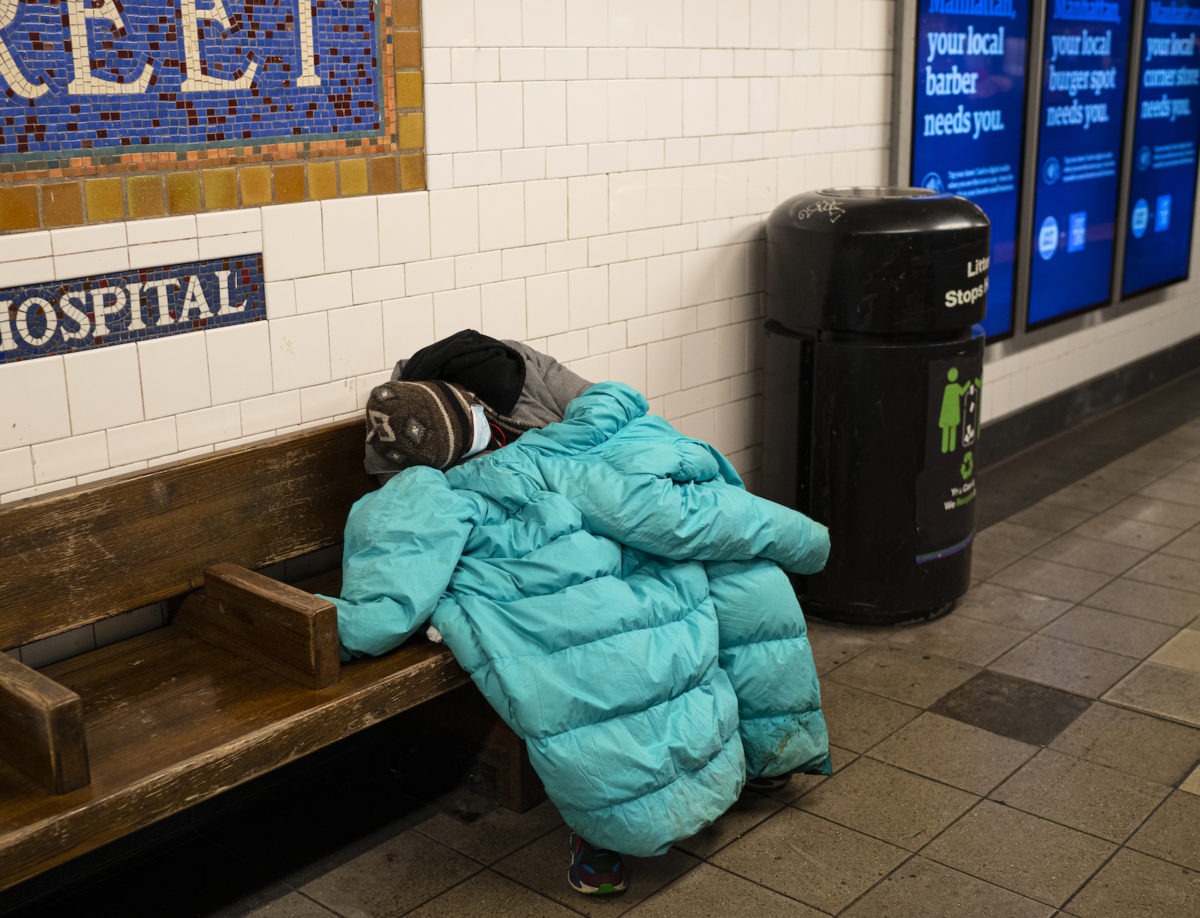
In a forum with people experiencing homelessness, Democratic candidates criticized the mayor’s affordable housing plans, embraced a ‘right to housing,’ and rejected police intervention on homelessness calls.

The New York governor has released a plan to legalize marijuana, months after voters in the Garden State approved legalization in November. Advocates say the pressure could have ripple effects regionally.
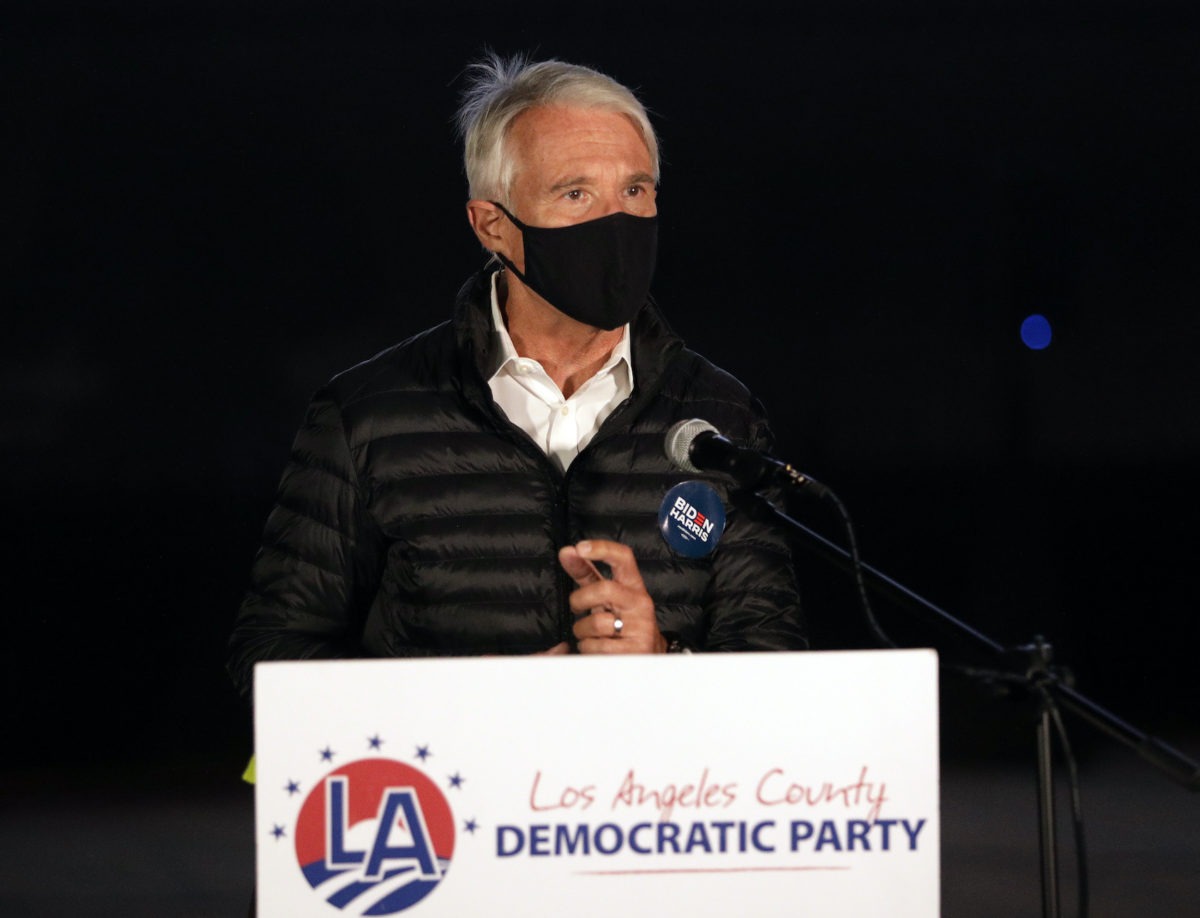
On his first day in office, George Gascón said prosecutors will not seek bail starting Jan. 1, a win for criminal justice reformers.
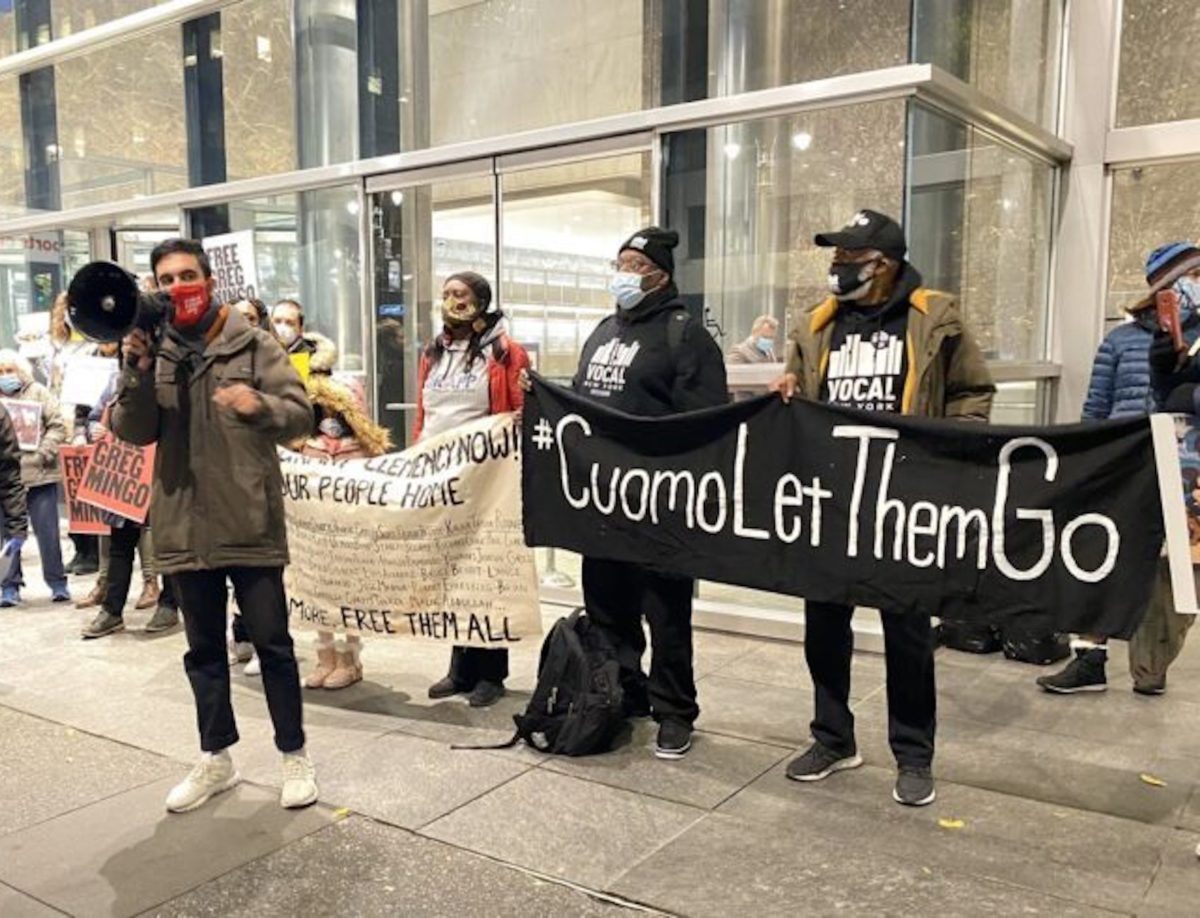
In addition to the releases he has already ordered, the New York governor can grant commutations to free more incarcerated people to protect them from the disease. He has issued only three since the pandemic began.
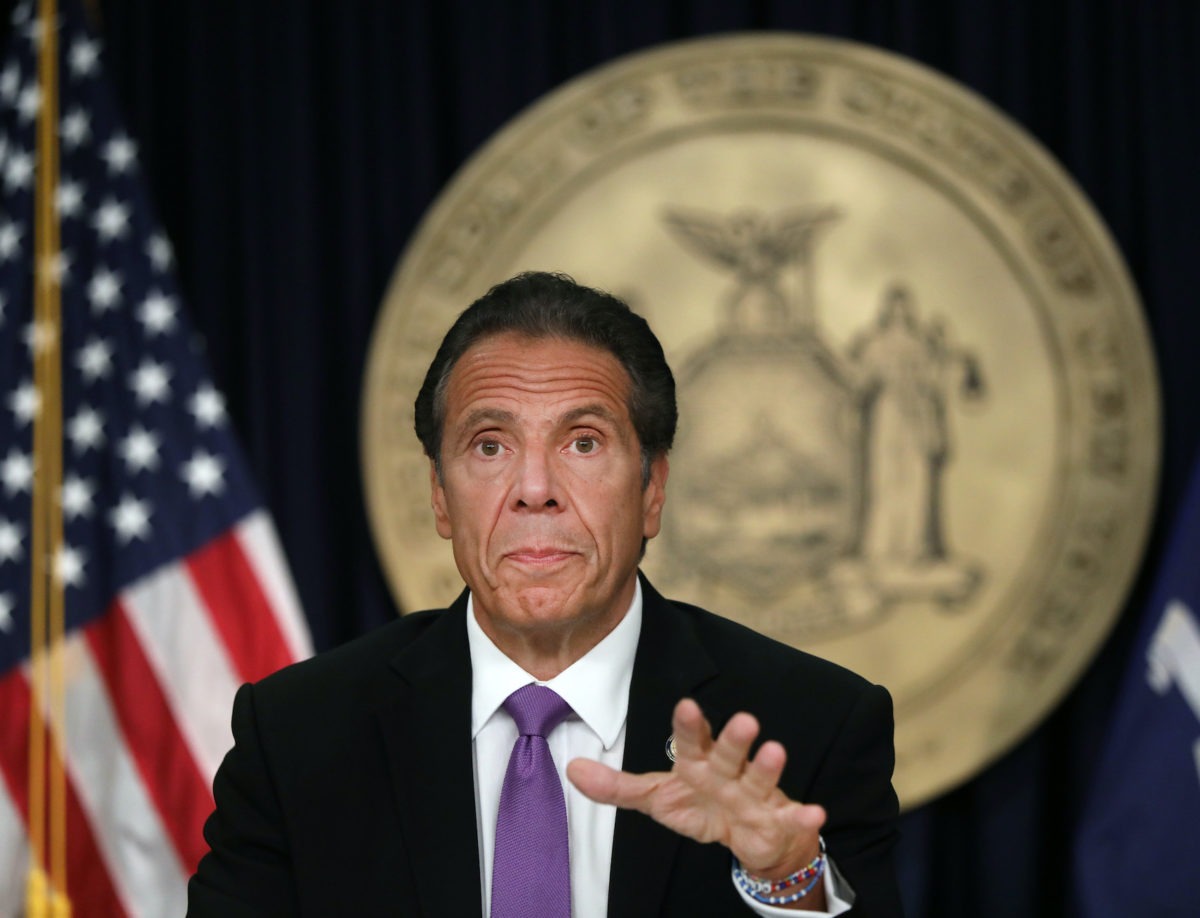
The governor has rolled back bail reform, not released enough prisoners during the pandemic, and failed to rein in police abuses, advocates and prisoners say.
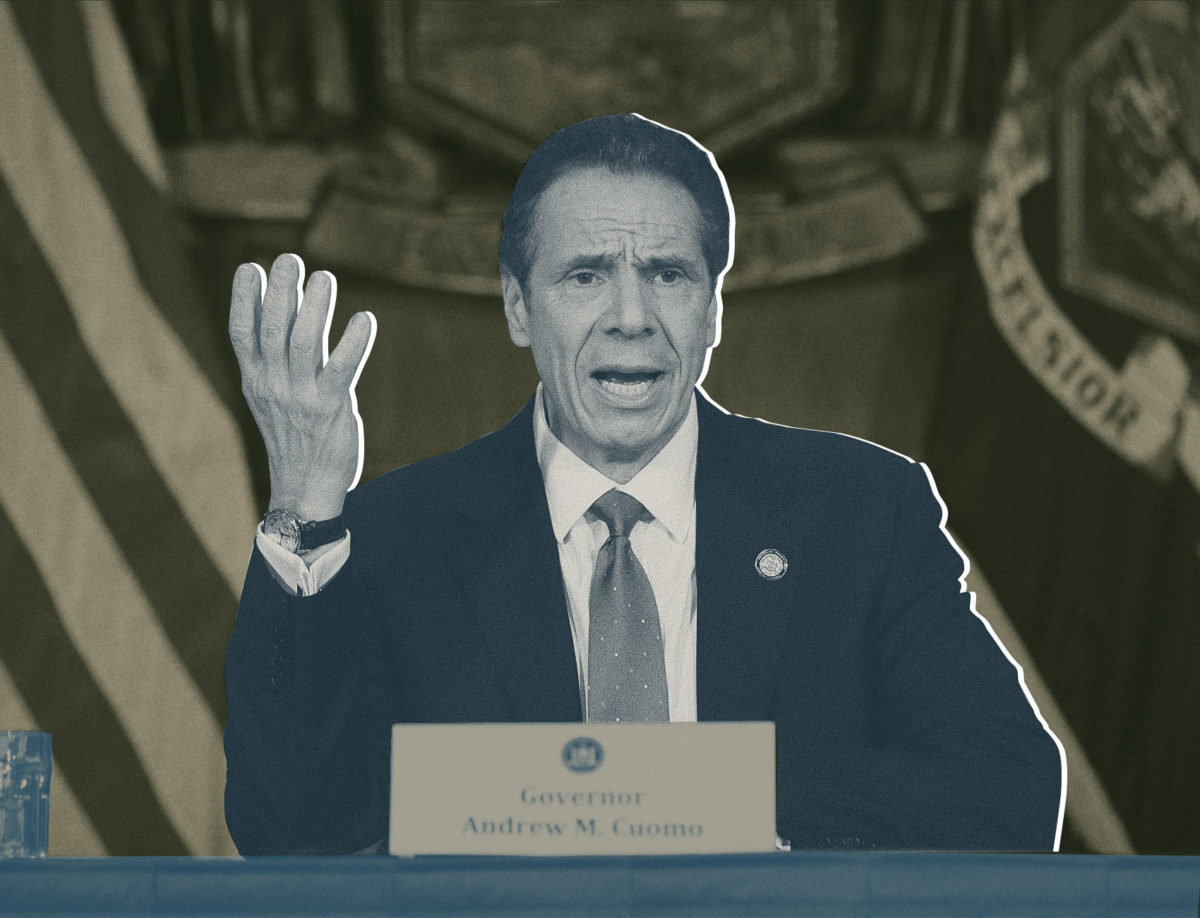
Progressive lawmakers and activists say Cuomo has failed to adequately protect those who are out of work, at risk of losing their homes, or living behind bars, where the virus has spread rapidly.
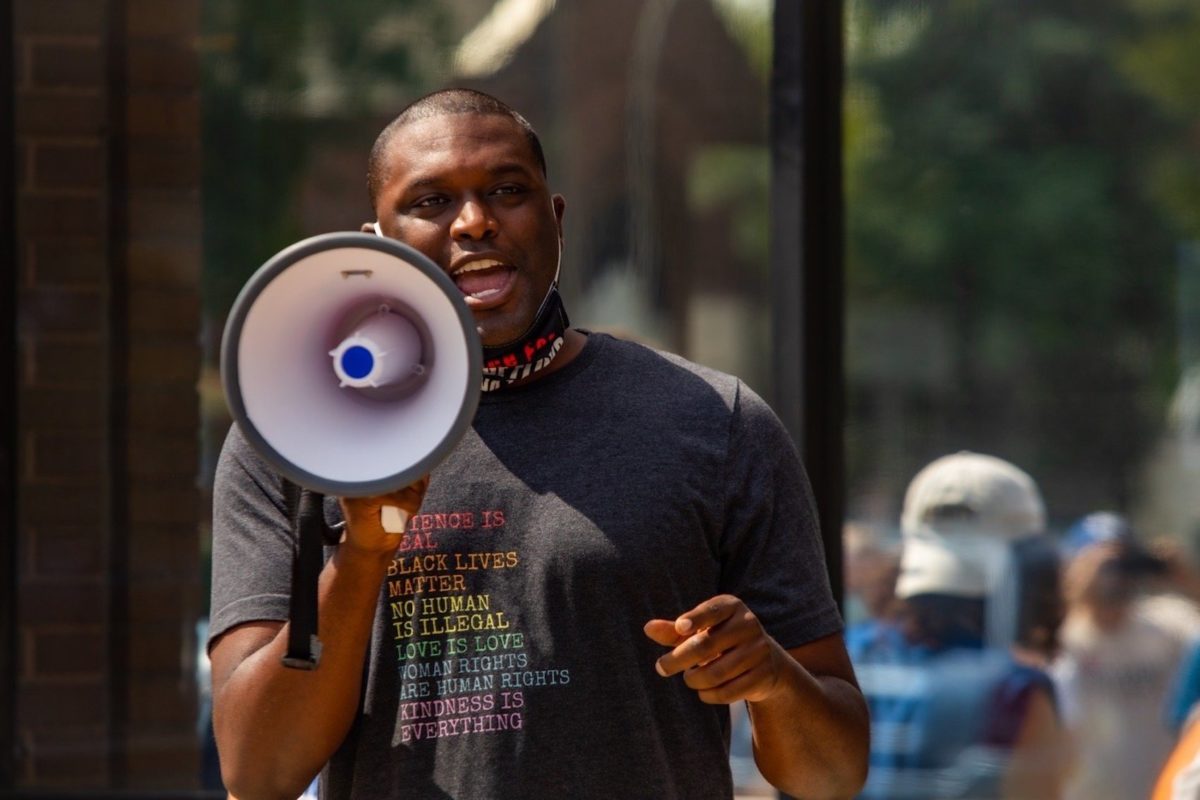
Jones has vowed to support expansion of the Supreme Court, back the Green New Deal, and push for criminal justice reform.
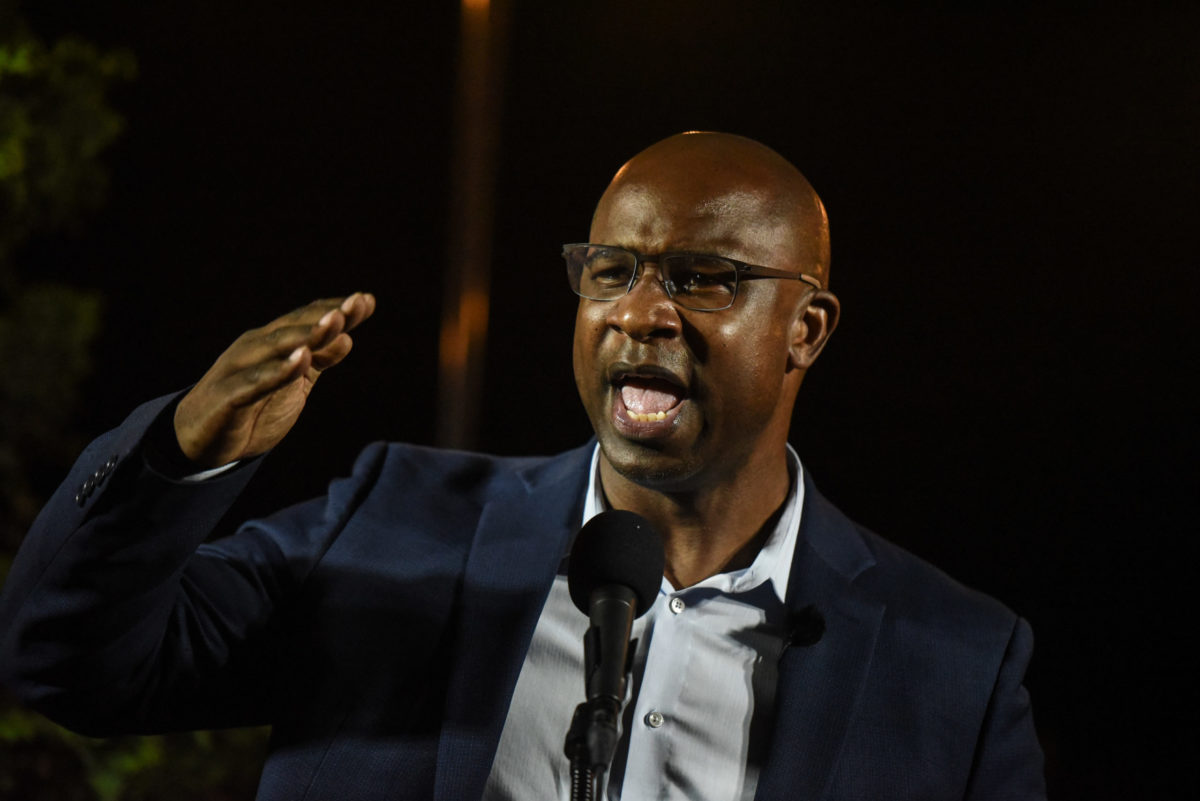
Bowman has also advocated for an eviction moratorium and for rental payments to be cancelled for the duration of the pandemic.
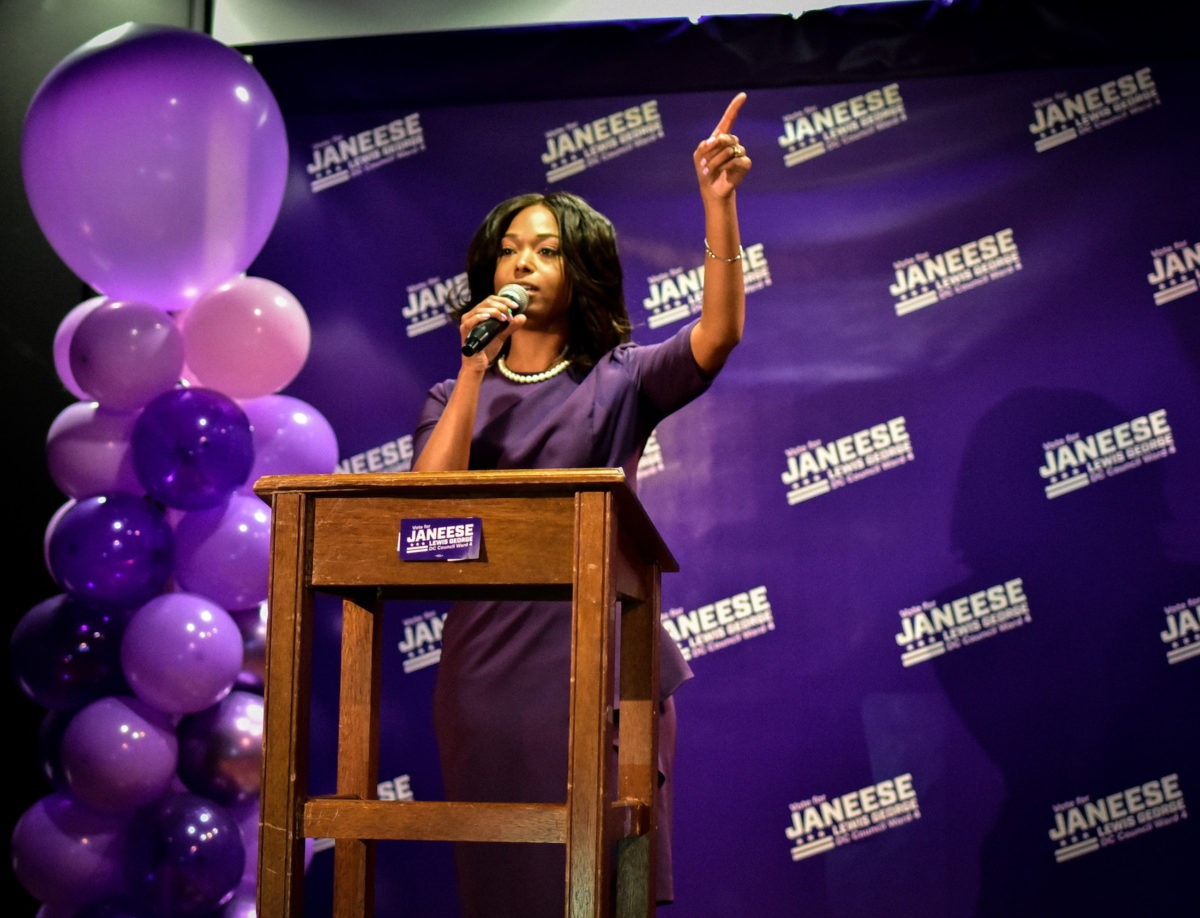
The party’s national director tells The Appeal about candidates in New York, Washington, D.C., and New Mexico that the WFP would like to see oust the establishment.
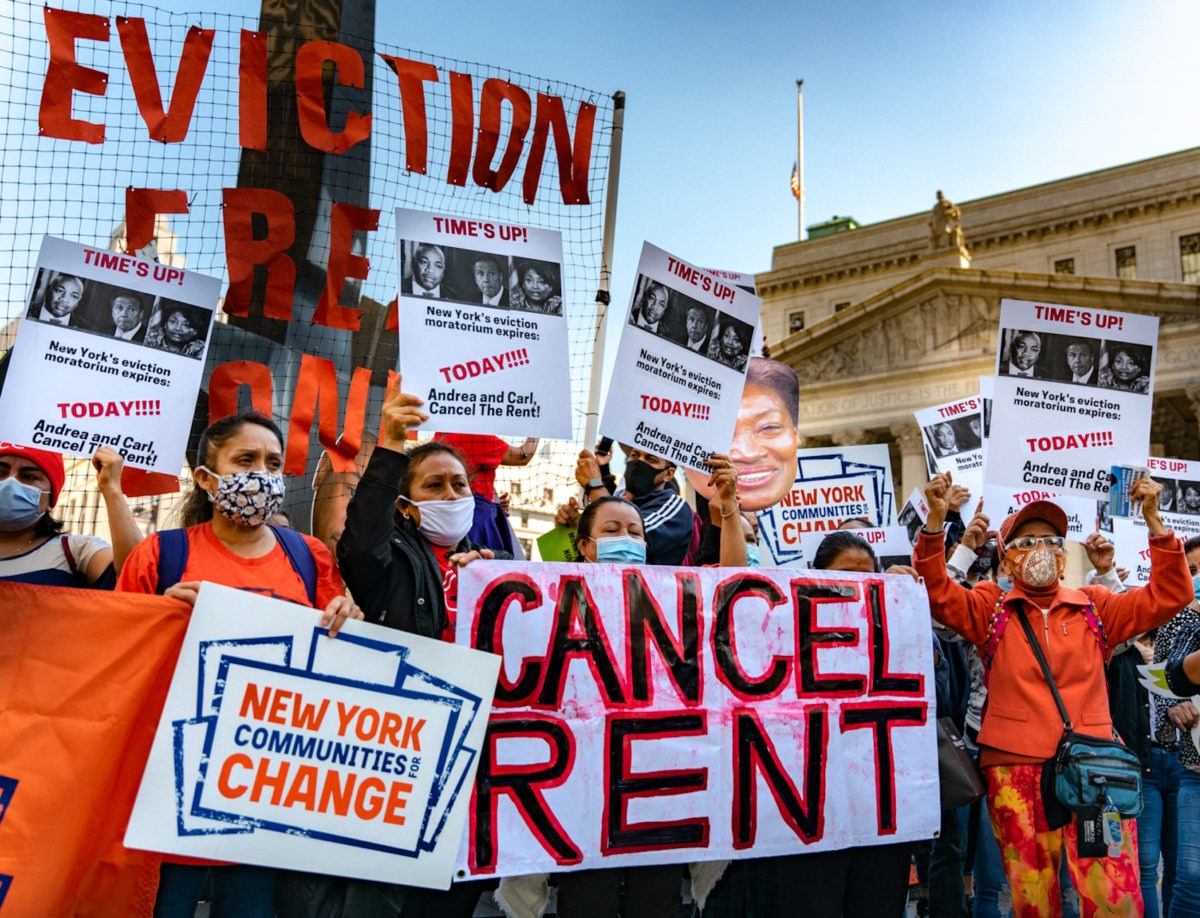
After defeating long-time incumbents in Democratic primaries, progressive candidates are championing cancelling rent and banning evictions.

Jones, who is running in New York’s 17th District, says fighting systemic racism and hyperpartisanship are top priorities.
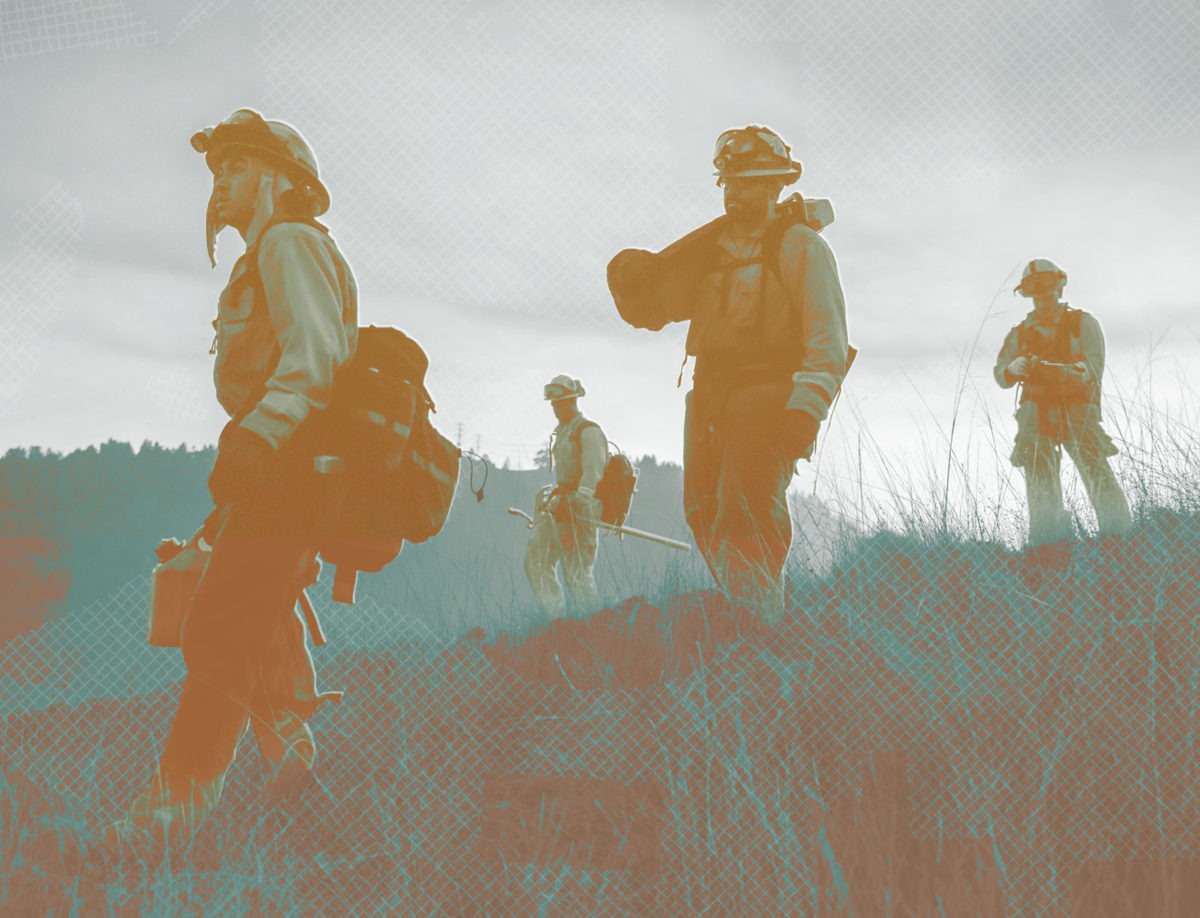
States like California, New York, and Arizona have relied on prisoners to continue working, with little pay and in precarious conditions, during the coronavirus pandemic.
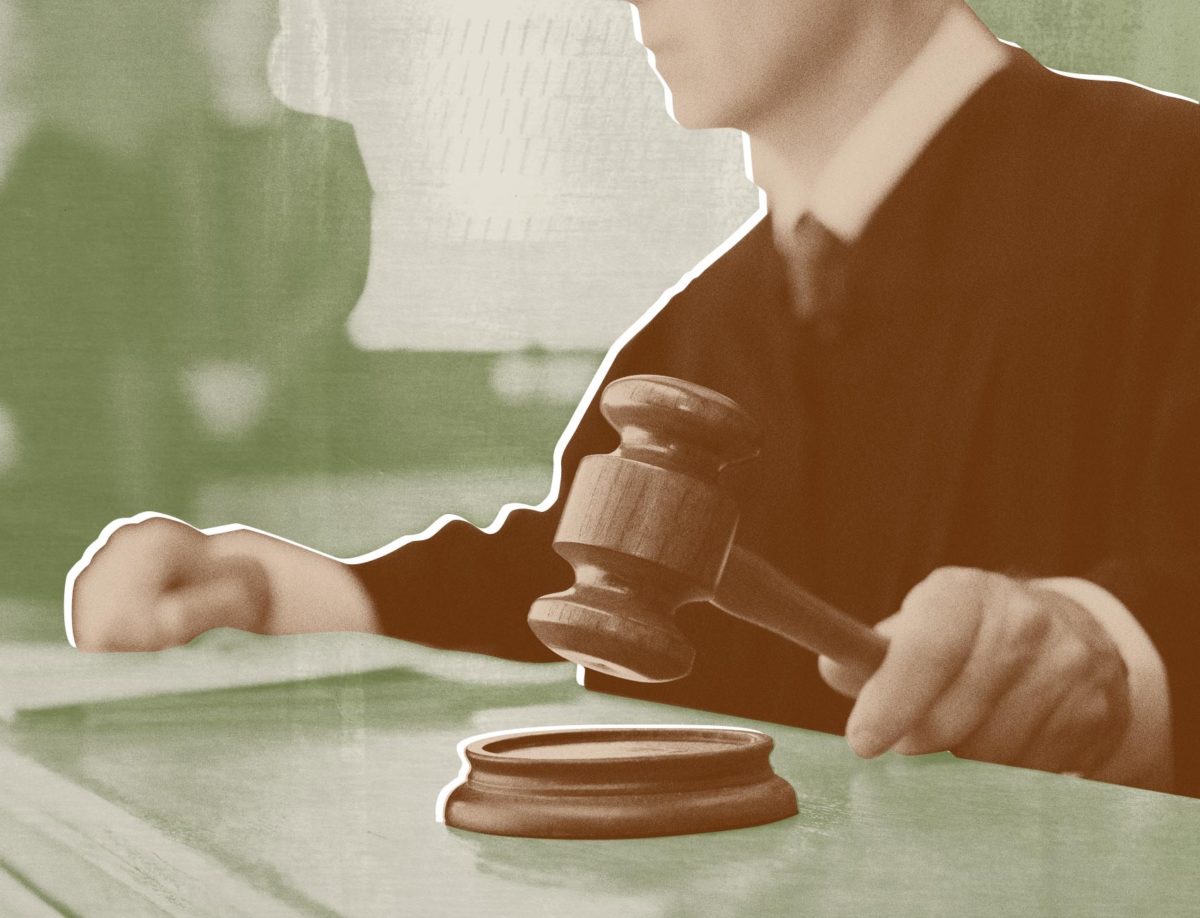
Although the new law took effect in January, state data showing how courts are applying it won’t be available until July 2021. And without funding, courts in small towns and villages may never collect the data.
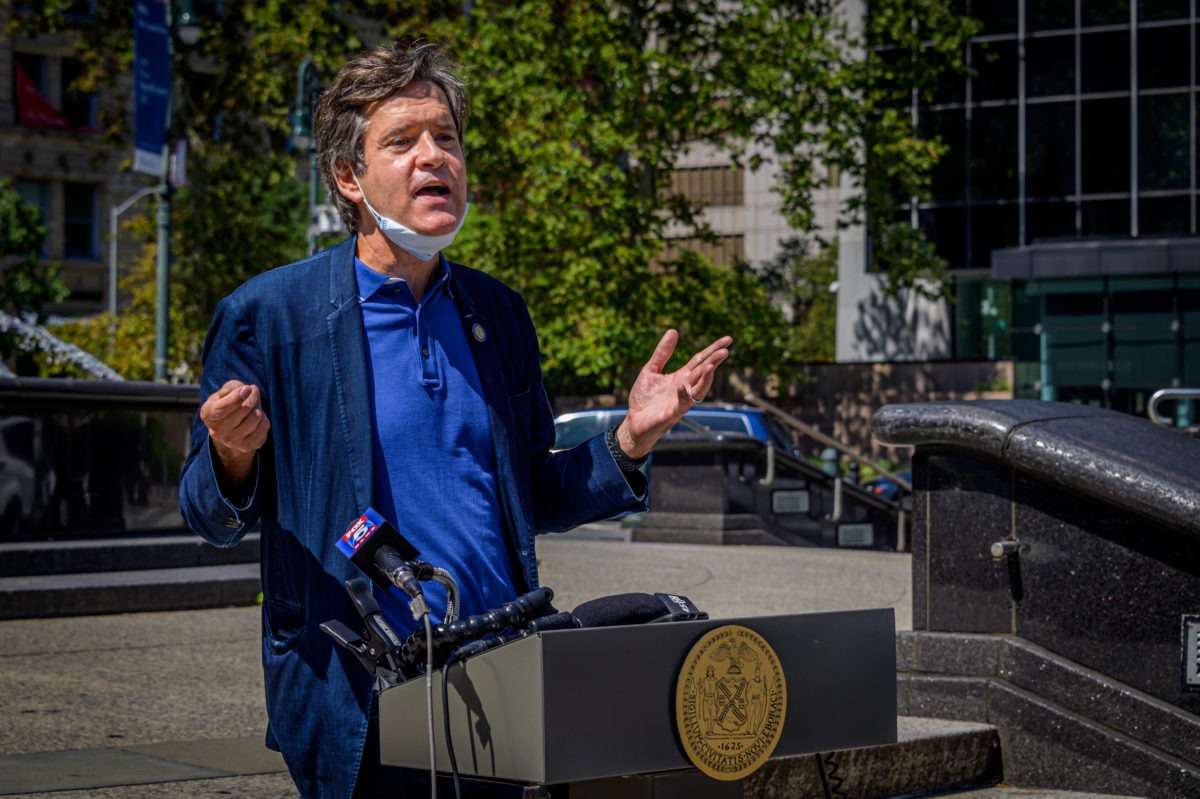
Nikki Addimando, convicted of second-degree murder for the death of her boyfriend, whom she said abused her, petitioned to have her sentence reduced under the 2019 law. But a judge ruled against her. If that ruling is affirmed, state legislators say, it will be ‘insurmountably difficult’ for survivors to ever benefit from the law.
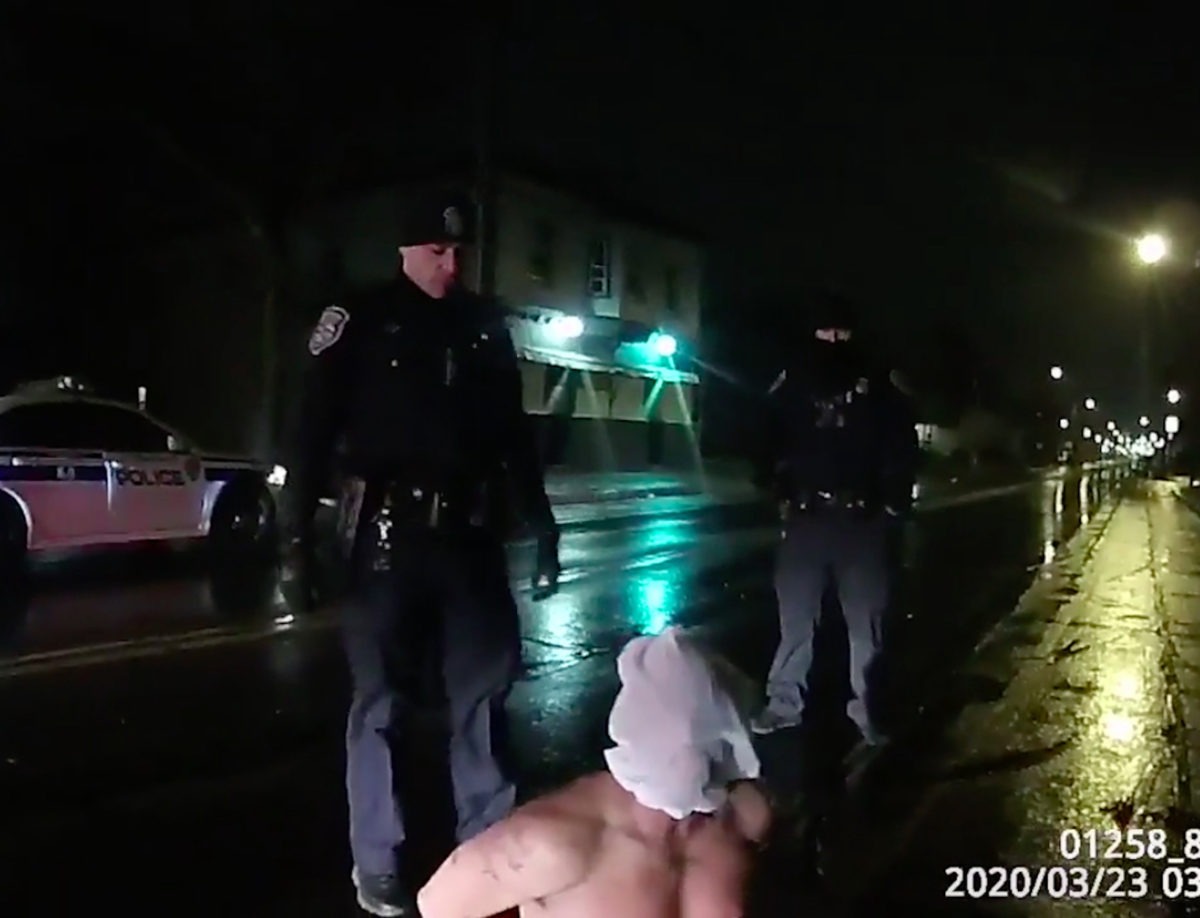
Body camera video shows that Daniel Prude was complying with police when they knelt on his back and pushed his face to the ground for so long that he stopped breathing.
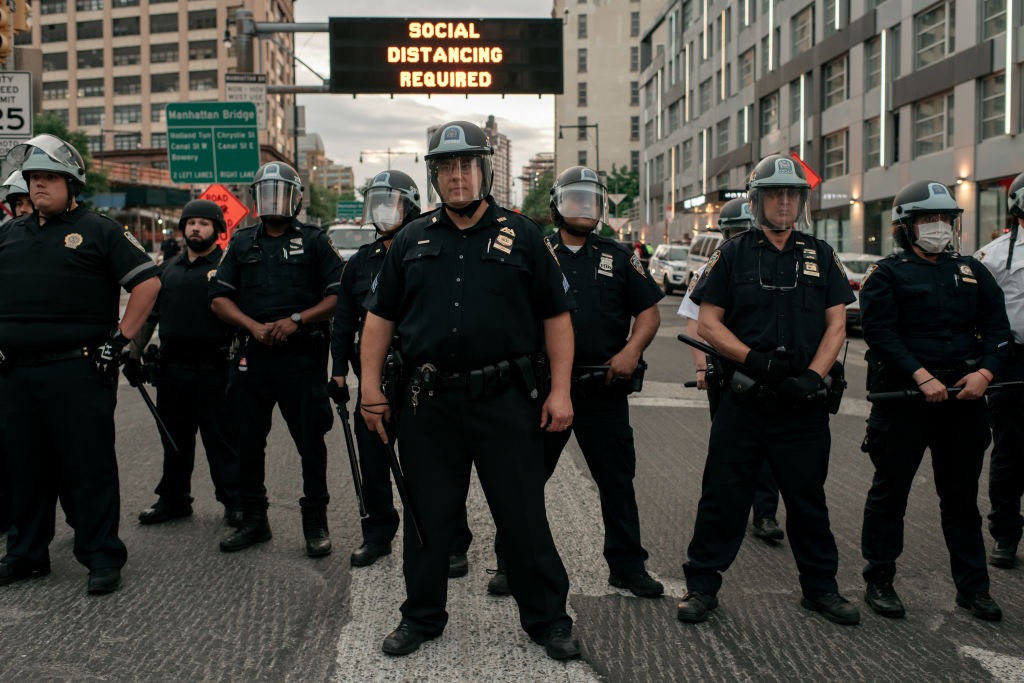
Administrative subpoenas—which do not require a judge’s approval—are typically used for the department’s internal investigations, but The Appeal has learned that they are being used in criminal cases.
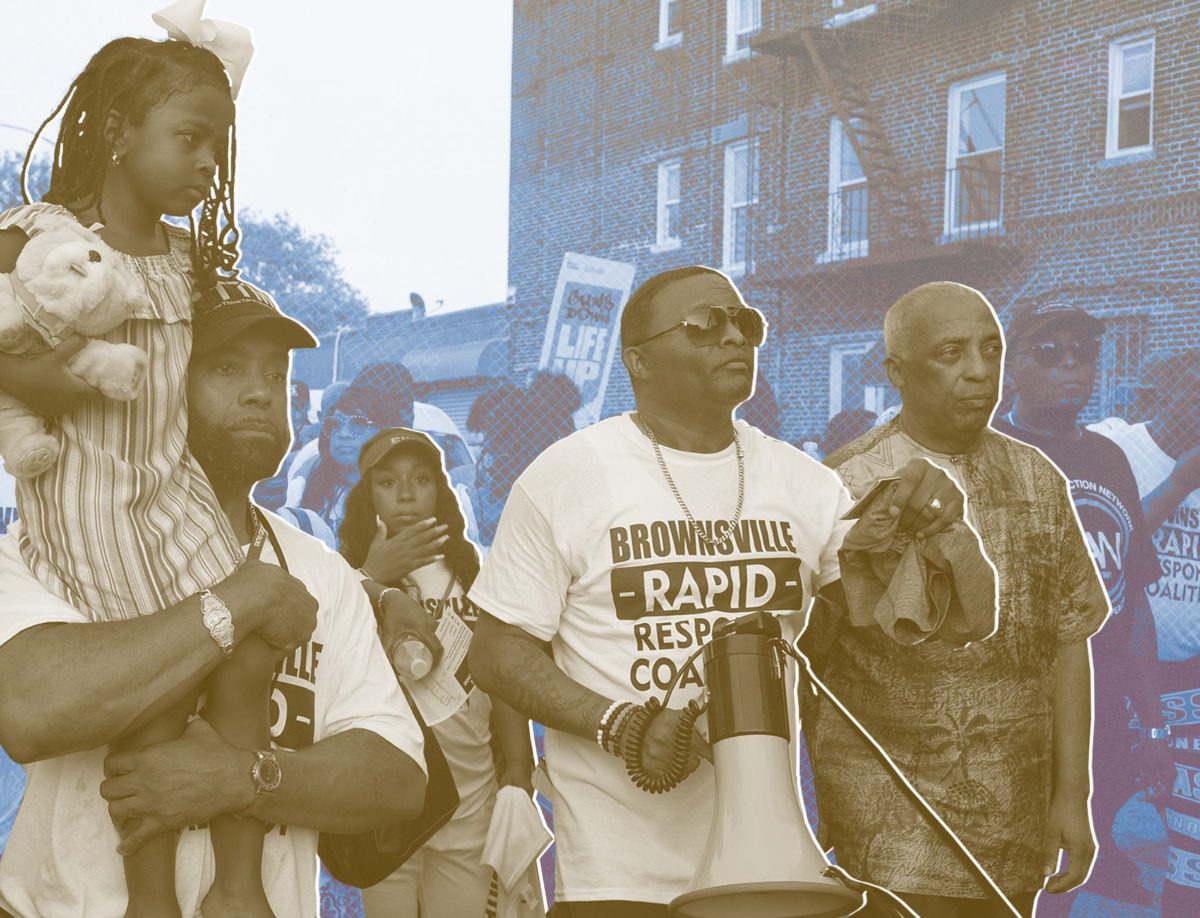
Although there’s a diversity of views about law enforcement in Brownsville, Brooklyn, there’s widespread agreement that the community is still fighting to obtain all the resources it needs to thrive and police itself.
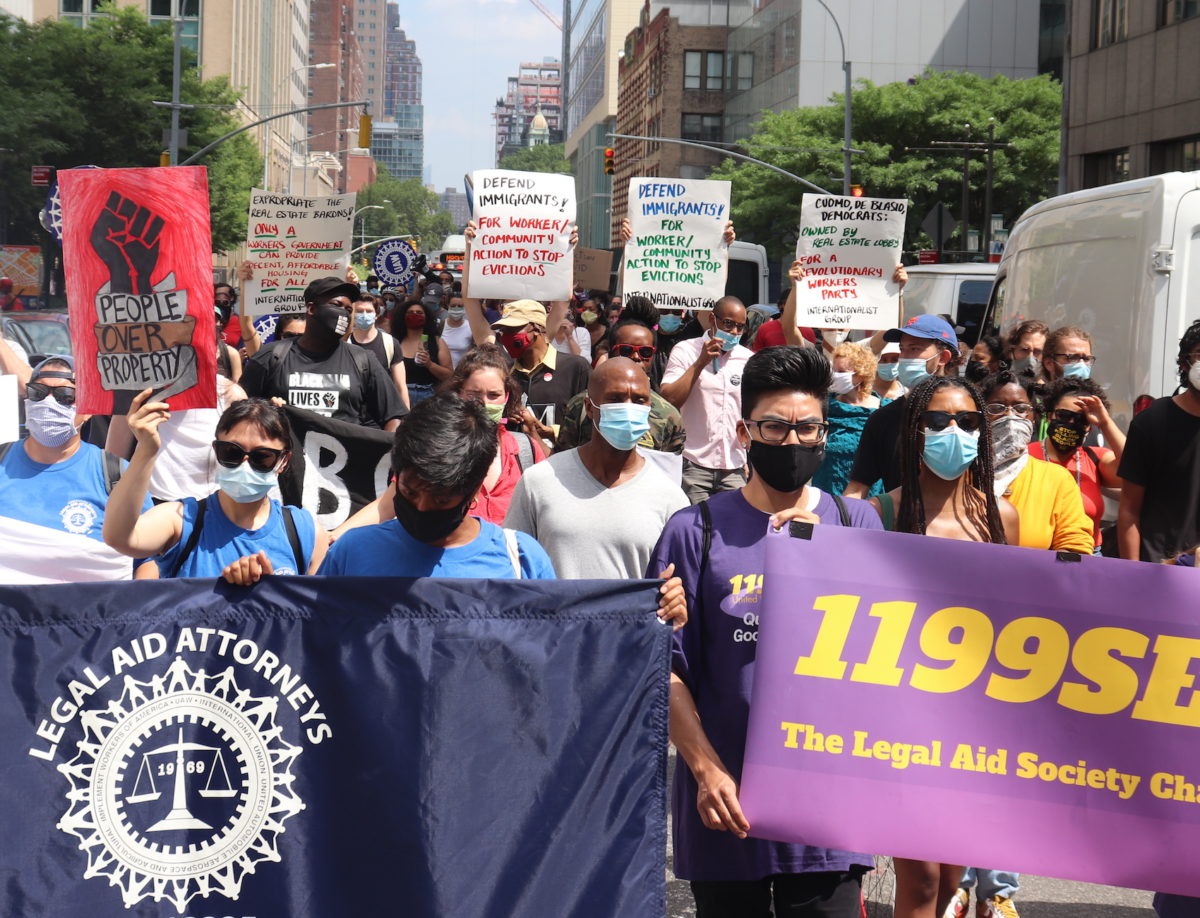
The advocates describe the reopening as unsafe and unnecessary amid the COVID-19 pandemic.
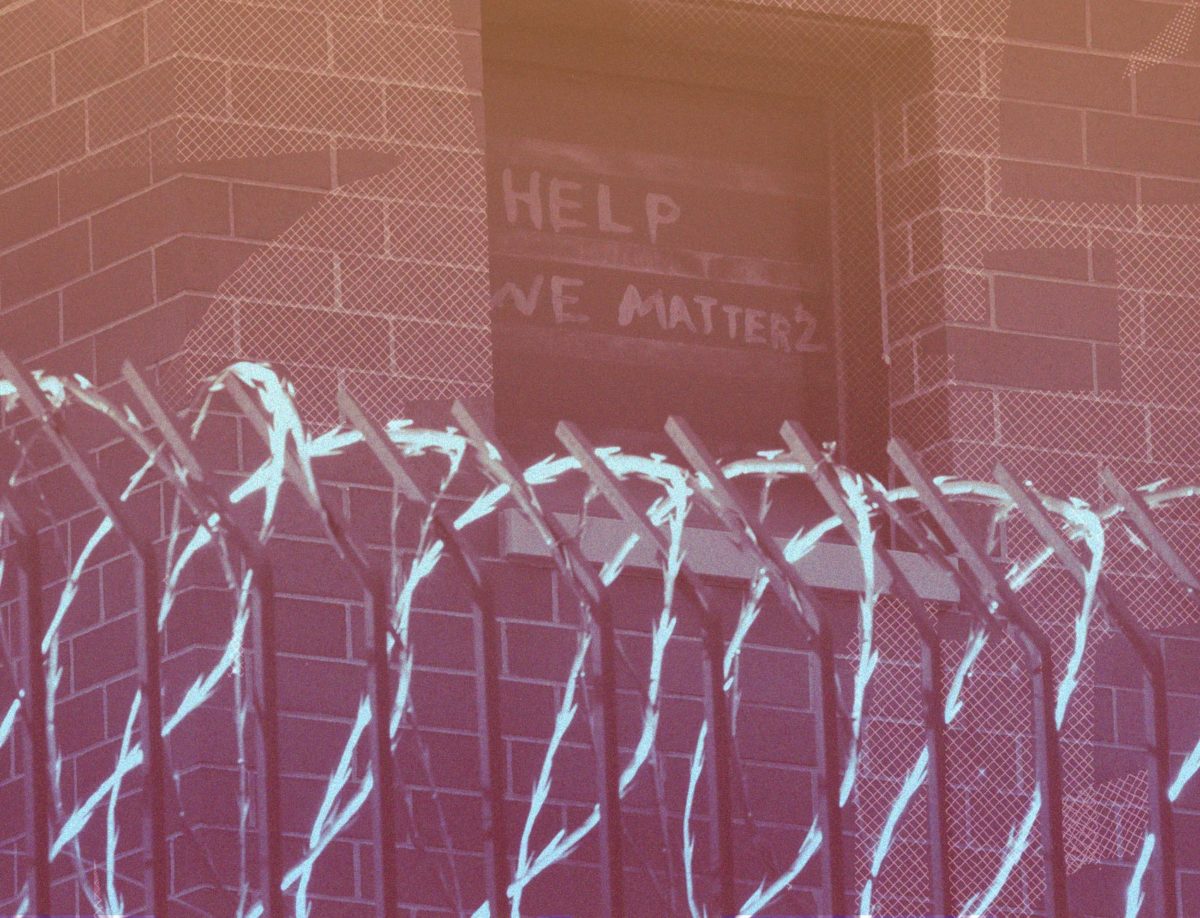
New data obtained through a Freedom of Information Law request paint a dire picture of New York City COVID-19 testing in its jails.
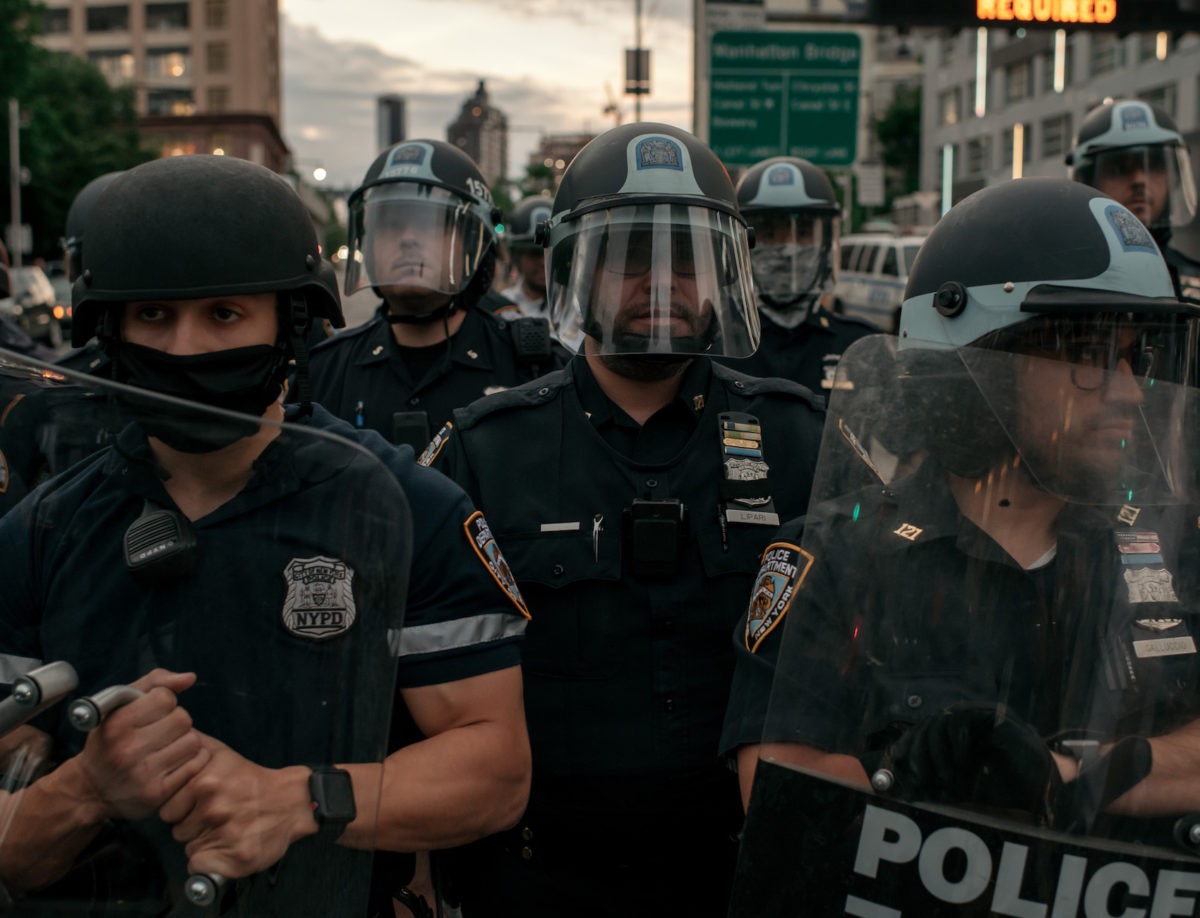
Memos obtained by The Appeal and anecdotes from public defenders reveal how, for a week during protests over police brutality, the NYPD stalled cases by directing officers not to testify in court.
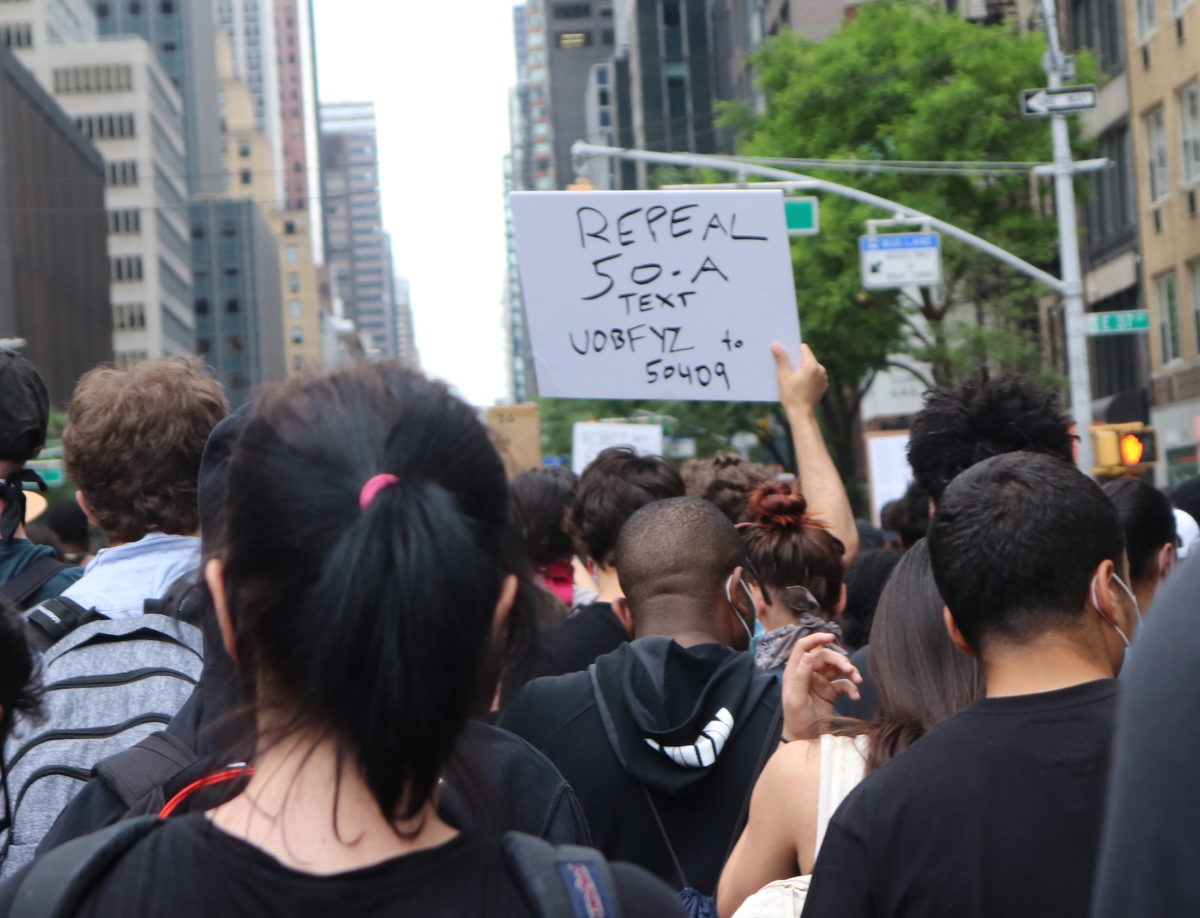
Lawmakers are targeting a statute that has been used as a cudgel to bat away almost any inquiries into police misconduct.
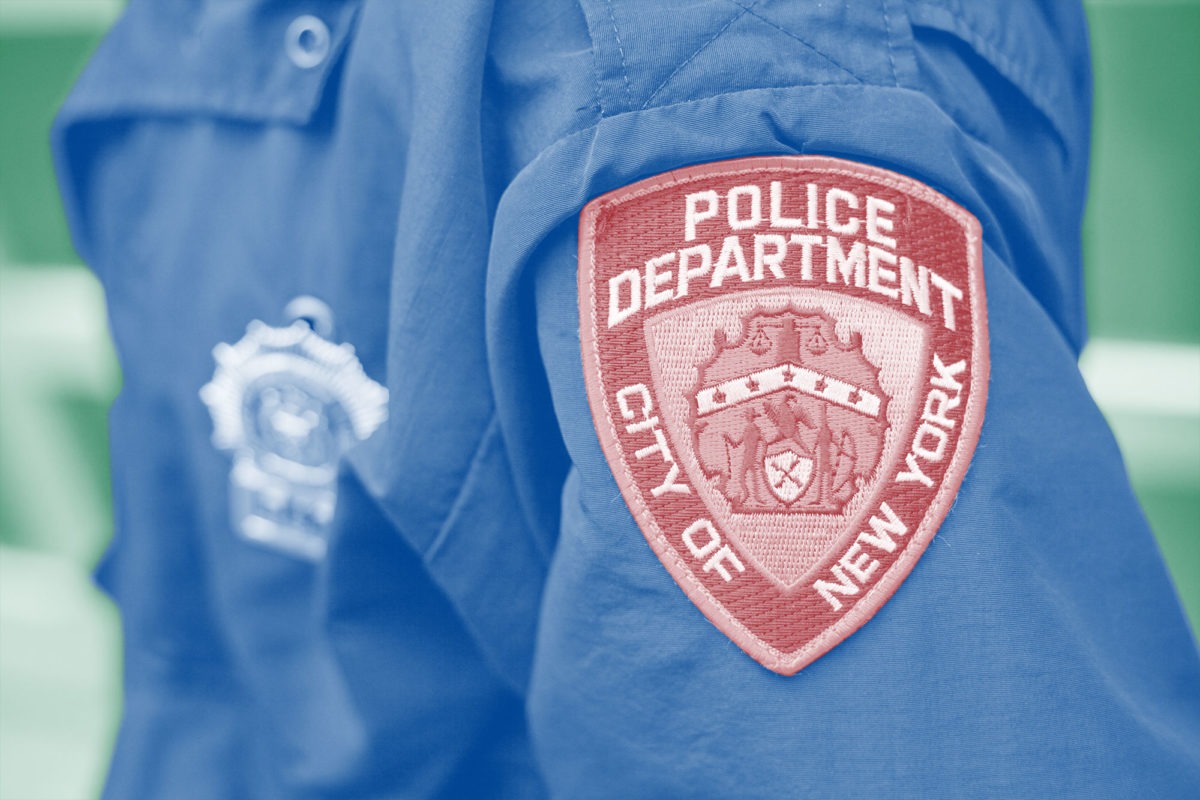
State Assembly members, senators, and city council members have said they will decline and donate funds from police and corrections officers as New Yorkers fill the streets to protest recent violence by law enforcement.
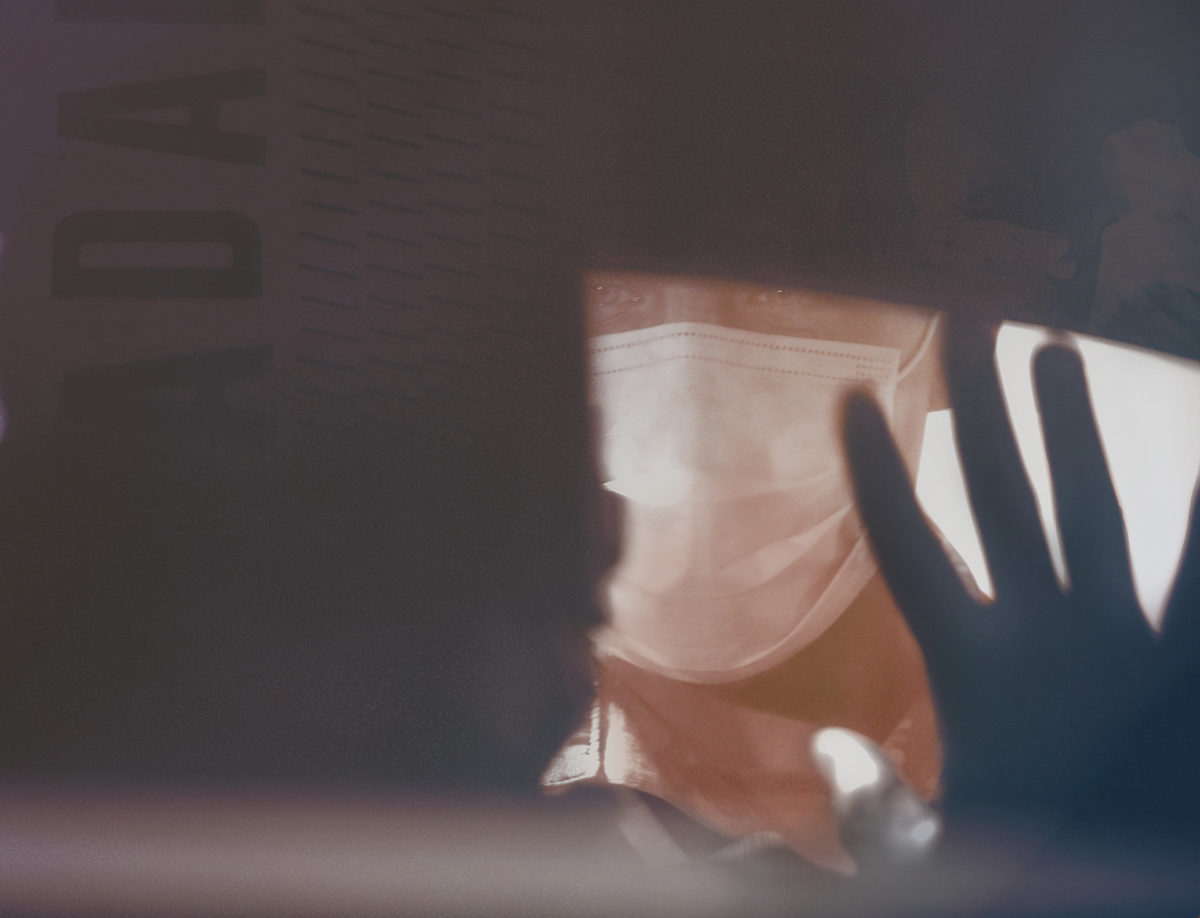
Coronavirus infections climb at the state’s only maximum-security facility for women, and those held there fear for their safety.
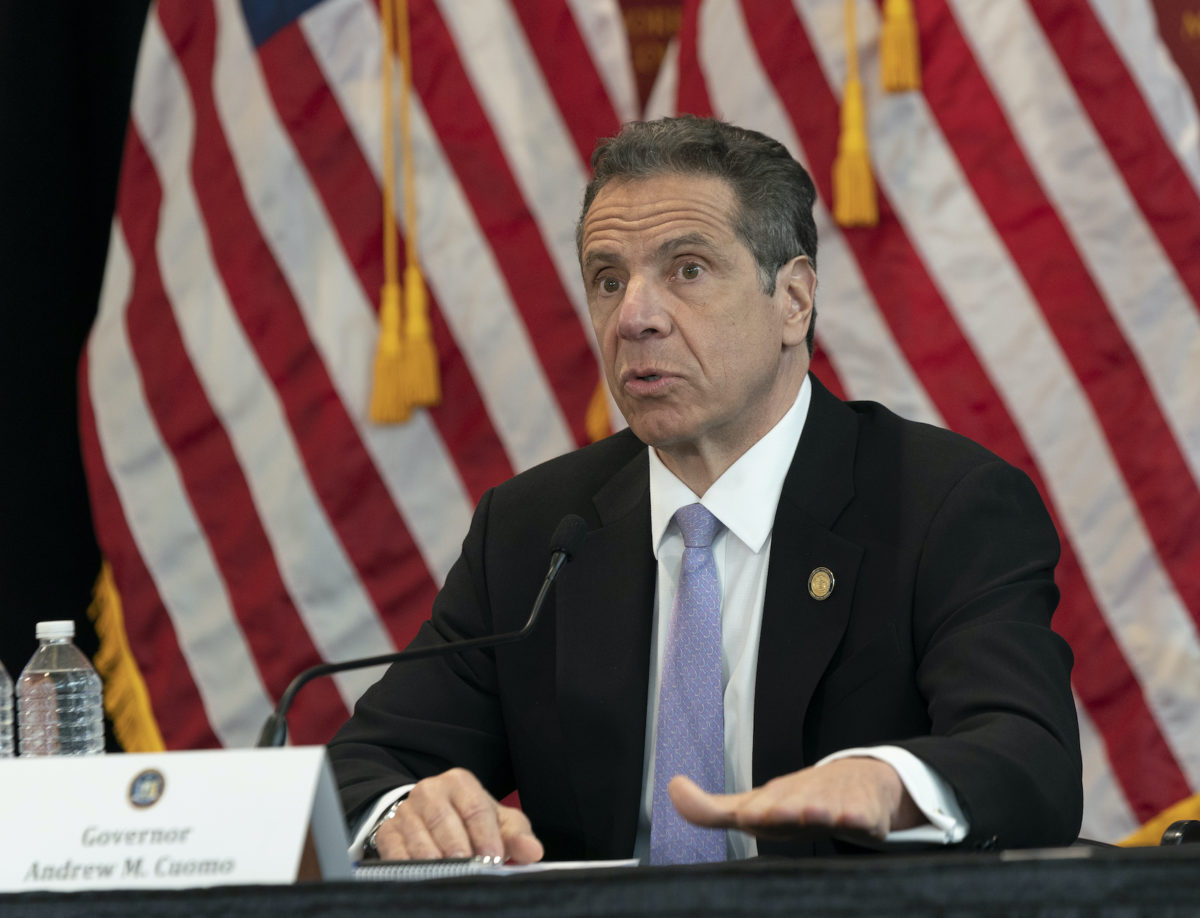
The governor’s requirements for release are too narrow in light of the threat from COVID-19, they say.

‘I would go to the hospital very often and they wouldn’t do anything for me.’
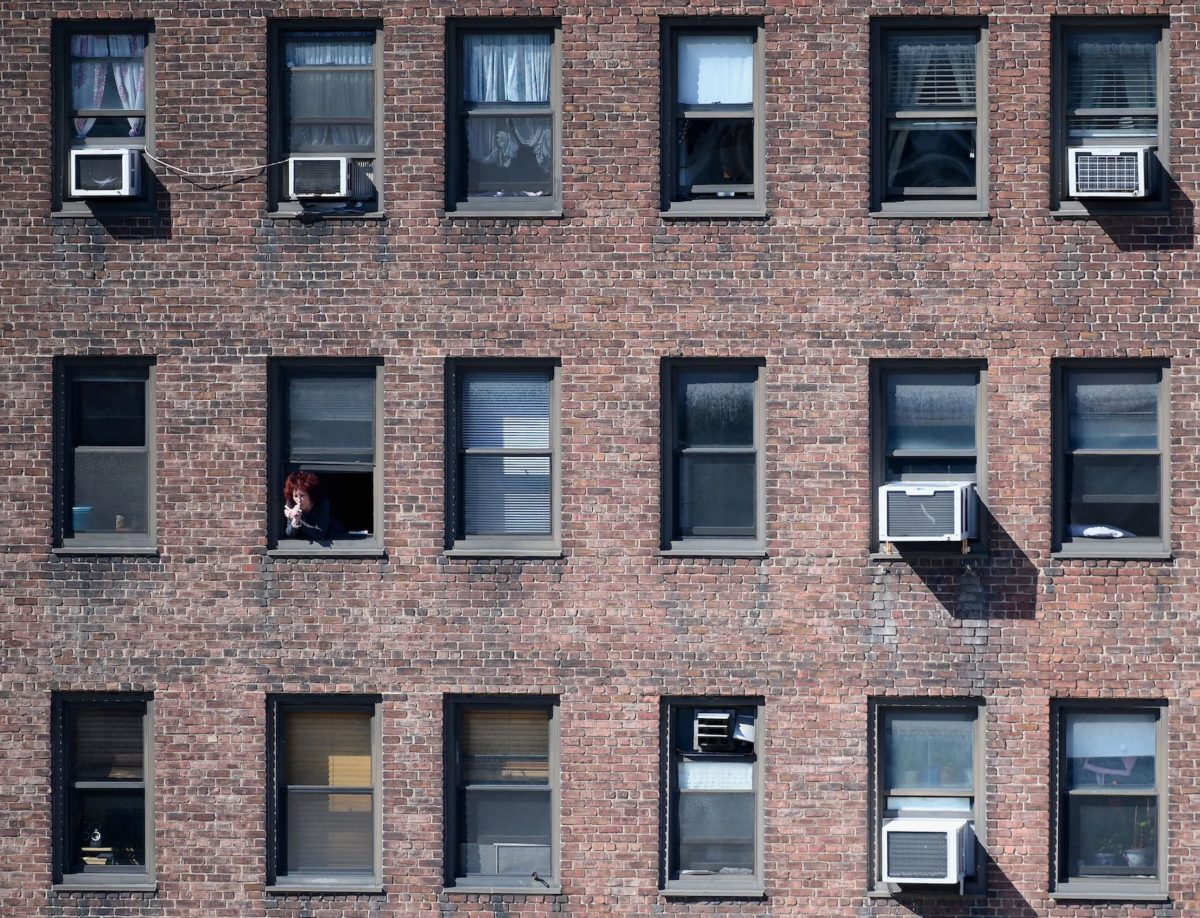
Their proposals move beyond Governor Andrew Cuomo’s 90-day eviction moratorium and call for suspending or forgiving rent payments longer term.
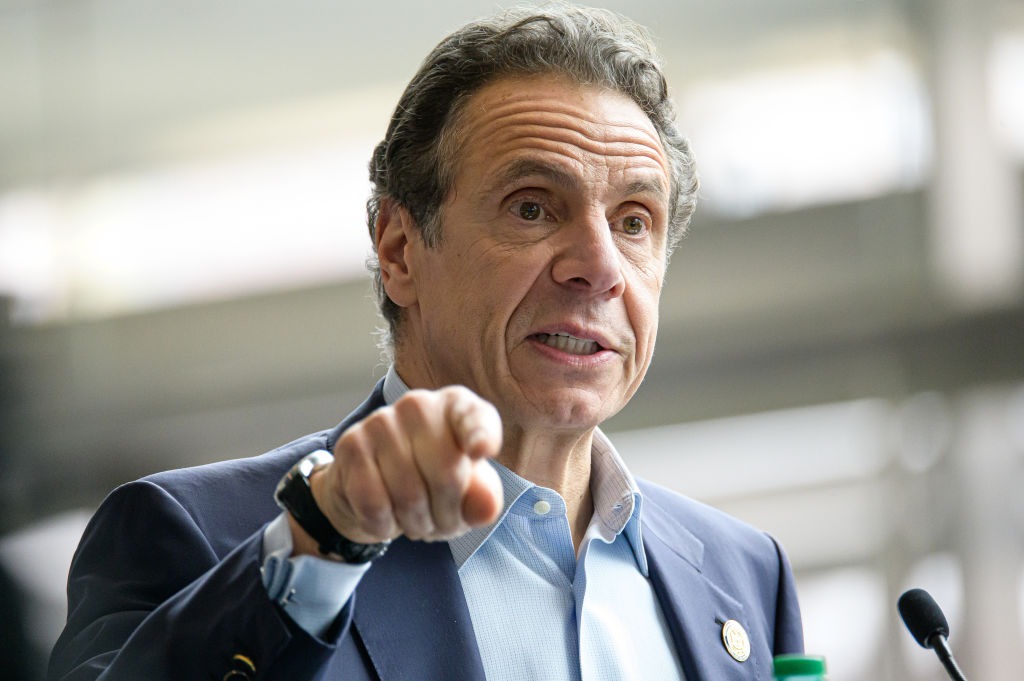
Local budget cuts enacted a decade ago left states and cities dangerously unprepared for COVID-19. We shouldn’t make those same mistakes again.
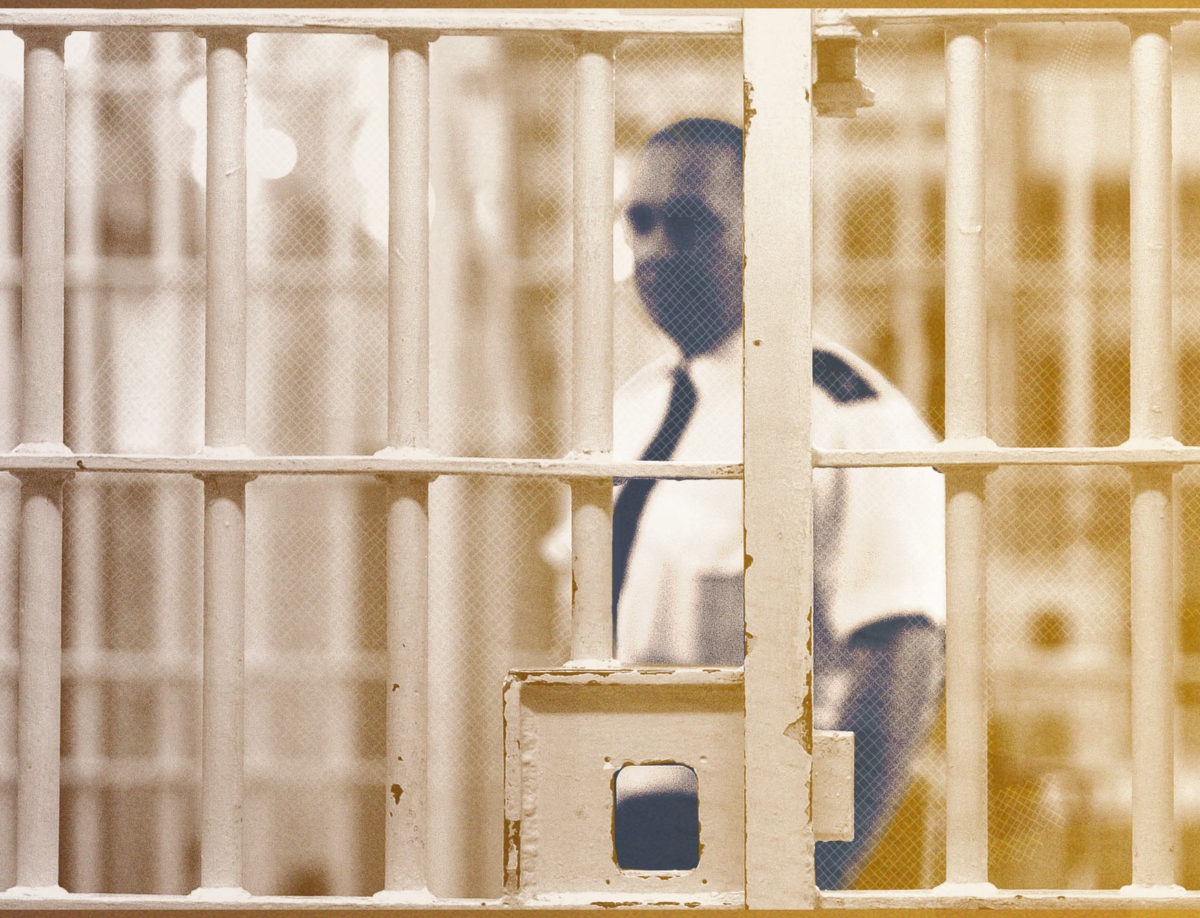
FCI Ray Brook was slow to respond to the spread of coronavirus among correctional officers. Now the outbreak has reached prisoners.
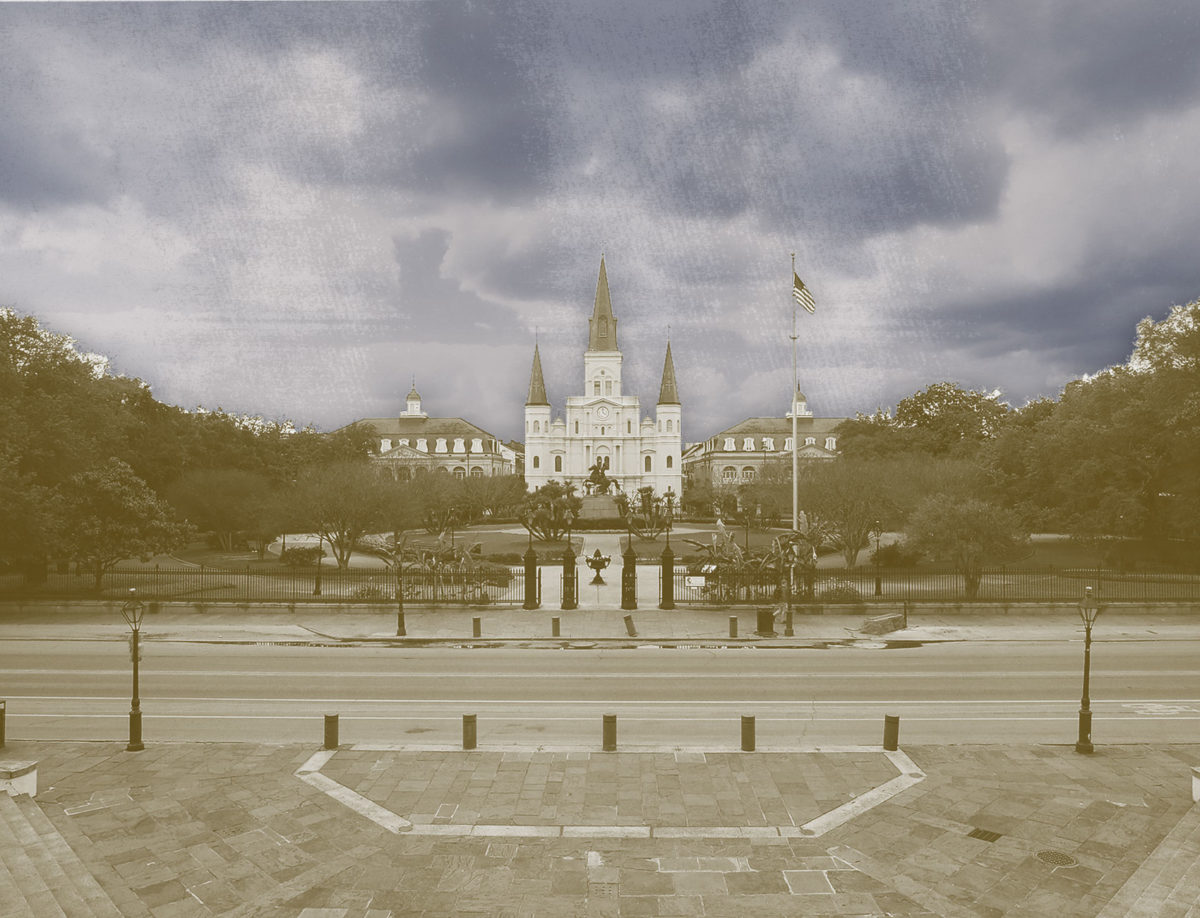
Powerful interests exploited Katrina to enrich themselves and transform the city. As a reporter who covered the fallout explains, our government’s lax oversight means the same could happen now, leaving those who most need help behind.
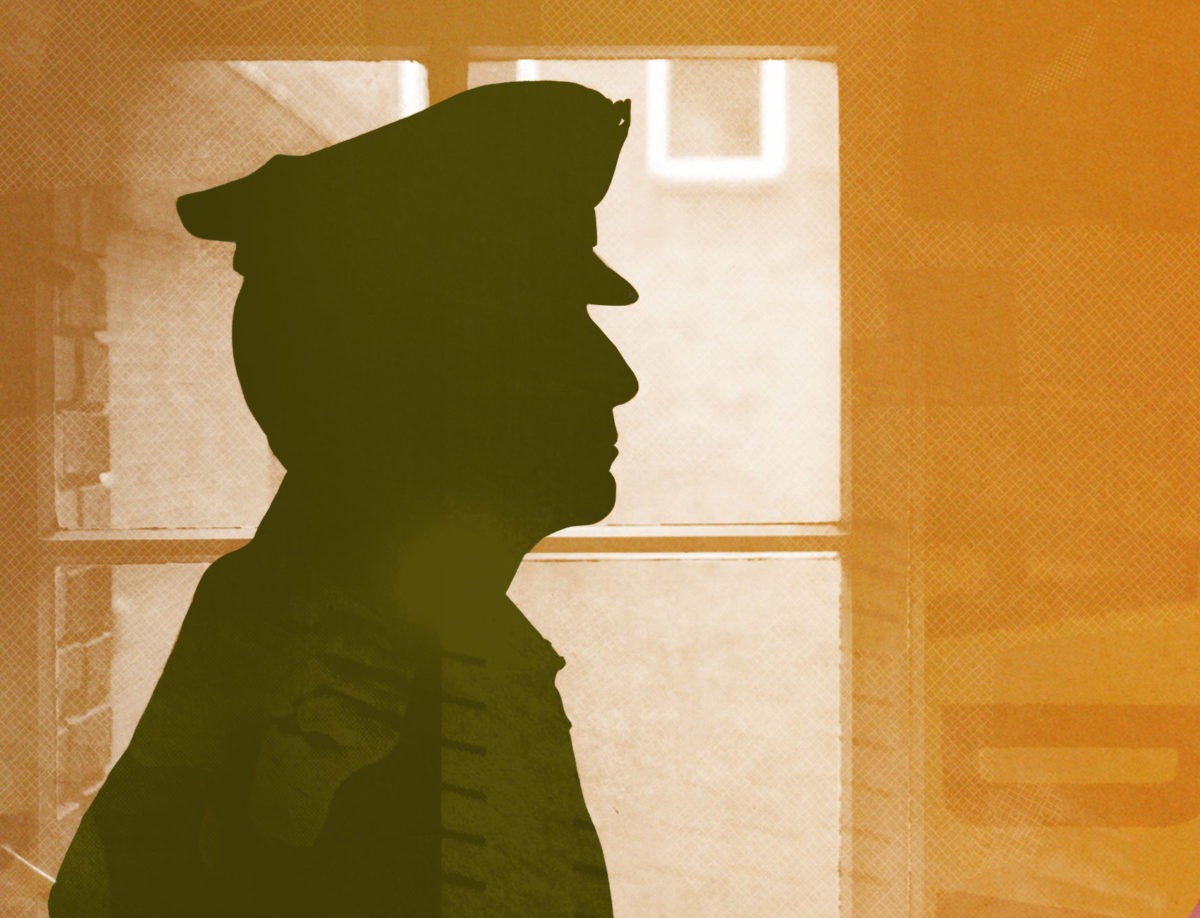
Men in Unit B-2 at the Shawangunk Correctional Facility say staff members have harassed and abused them since they possibly came into contact with an infected officer.

Sheriffs wield enormous power, and they can direct it in ways that will help contain the spread of COVID-19 and protect incarcerated people.
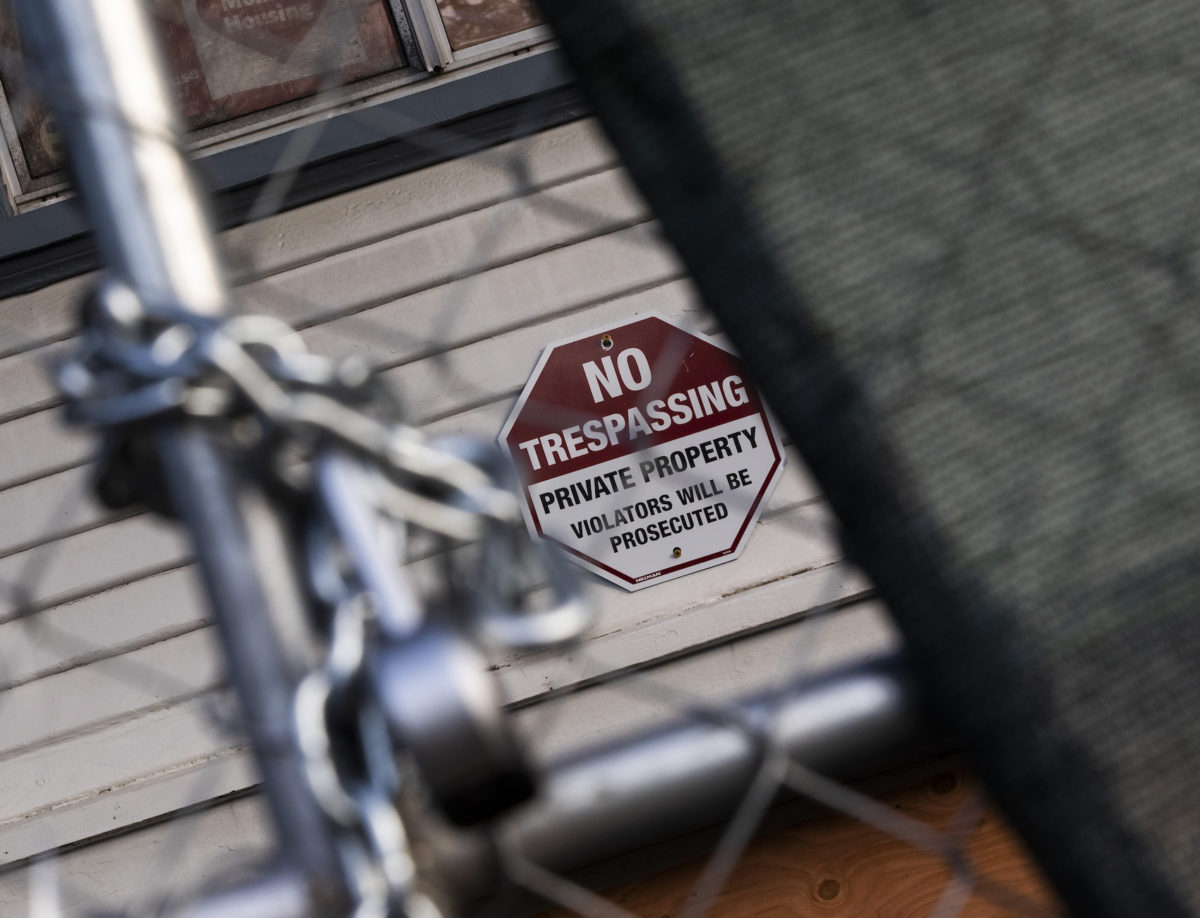
Experts say evictions cause a ‘downward spiral’ of health problems for renters, and that housing security is necessary to slow the spread of the pandemic.
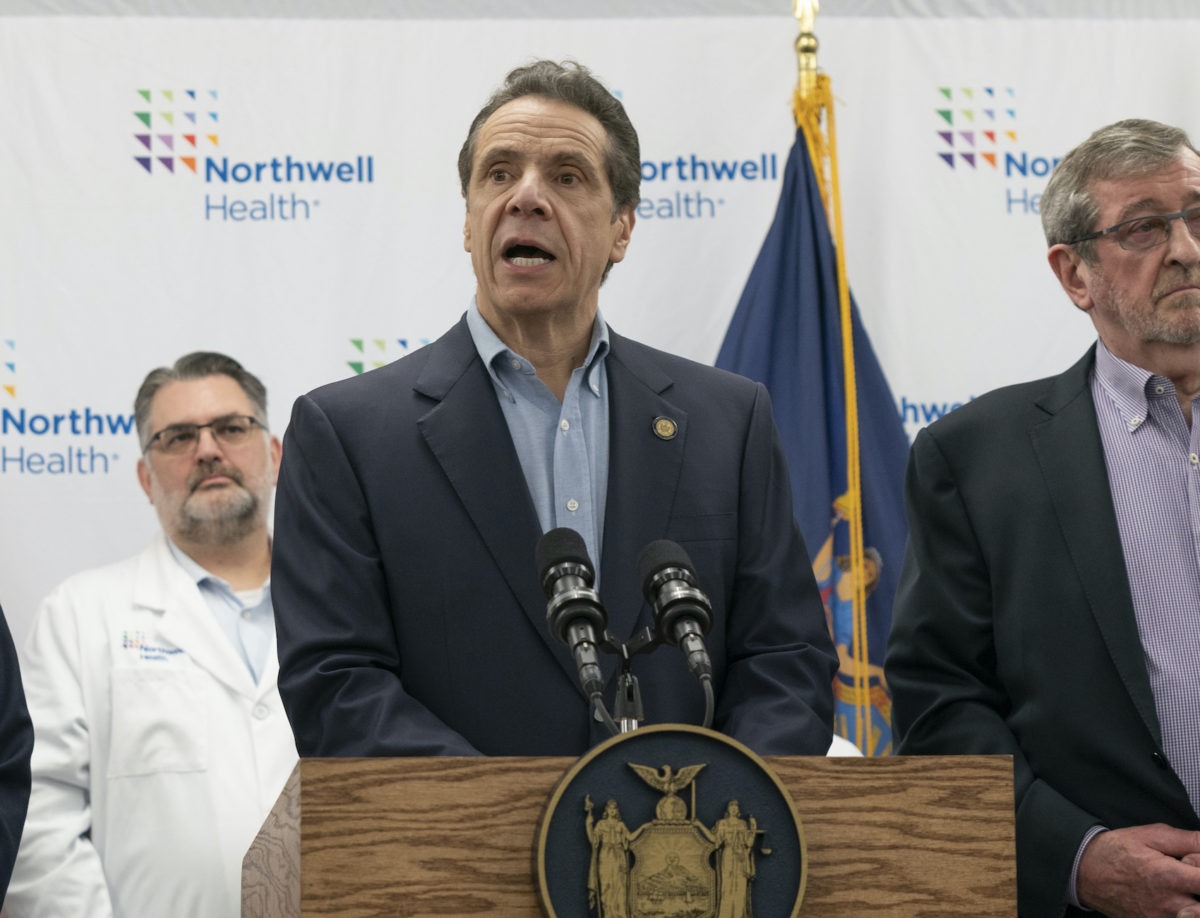
Andrew Cuomo, who recently announced the state would employ prisoners to make hand sanitizer, must prepare for the particular vulnerabilities of the state’s prison population to COVID-19, advocates say.
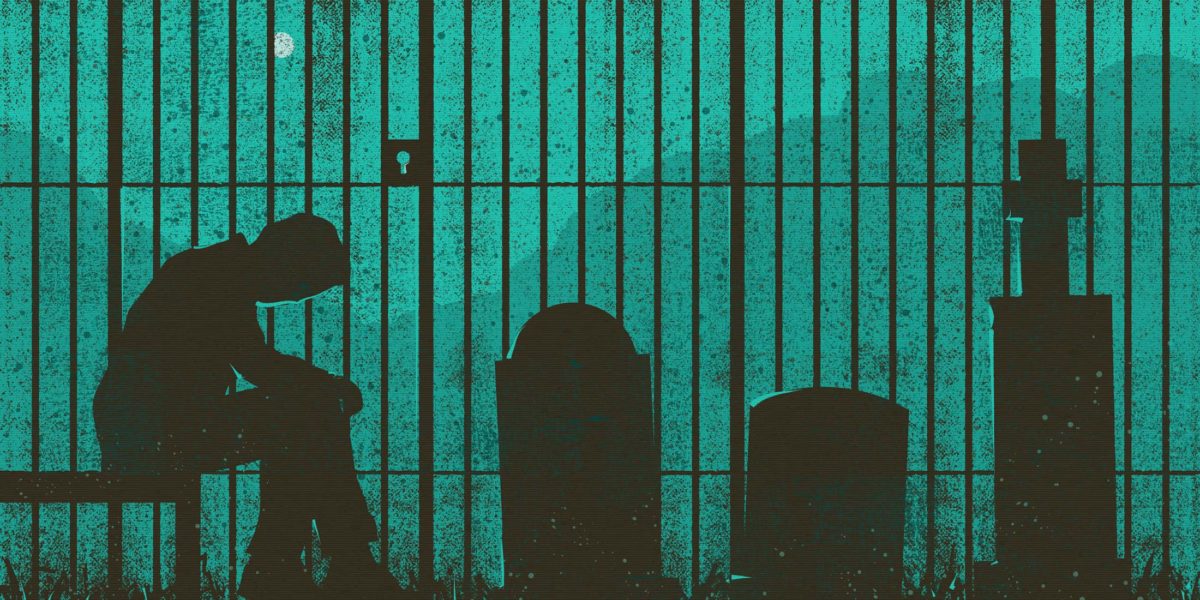
Dennis Sica struggled with substance use disorder and sold small amounts of heroin that prosecutors connected to overdose deaths. Because of an 1980s-era federal law, he was sentenced to 35 years in prison.